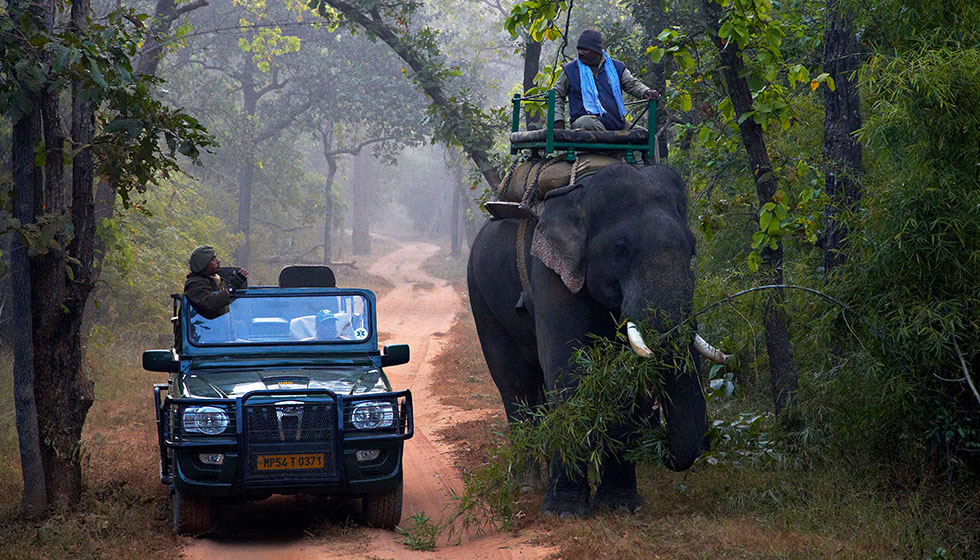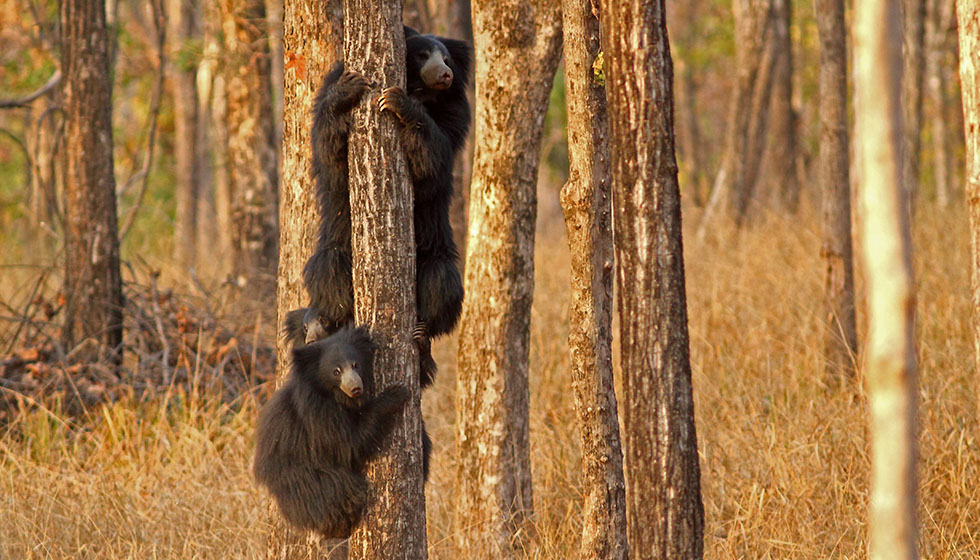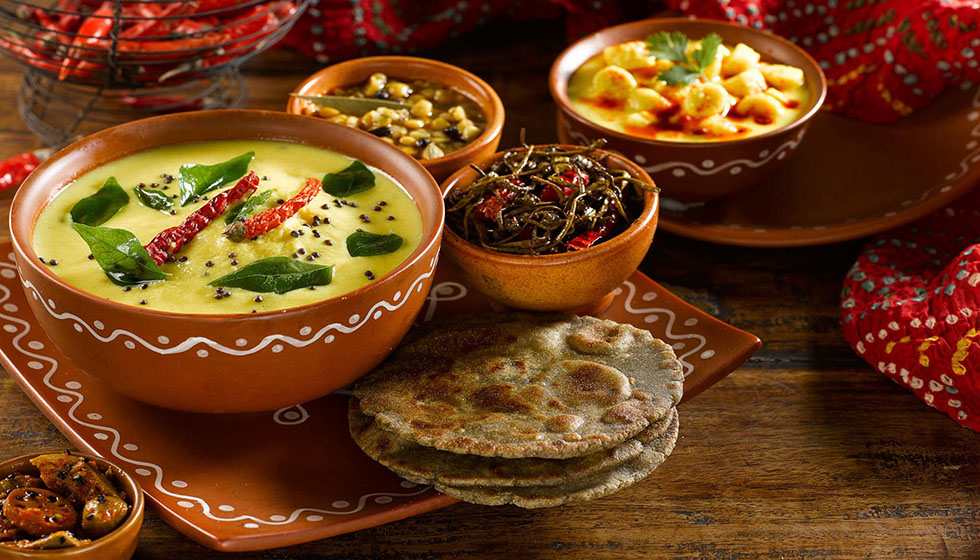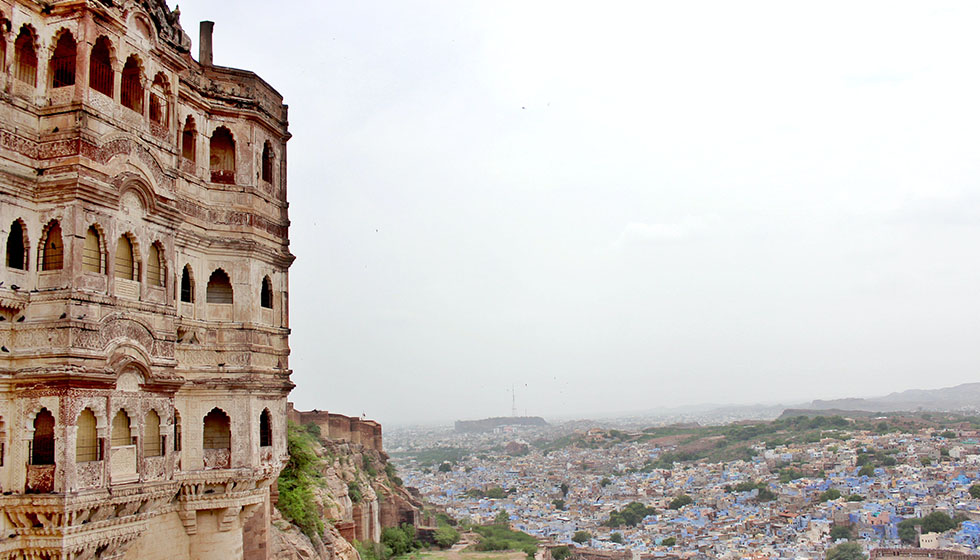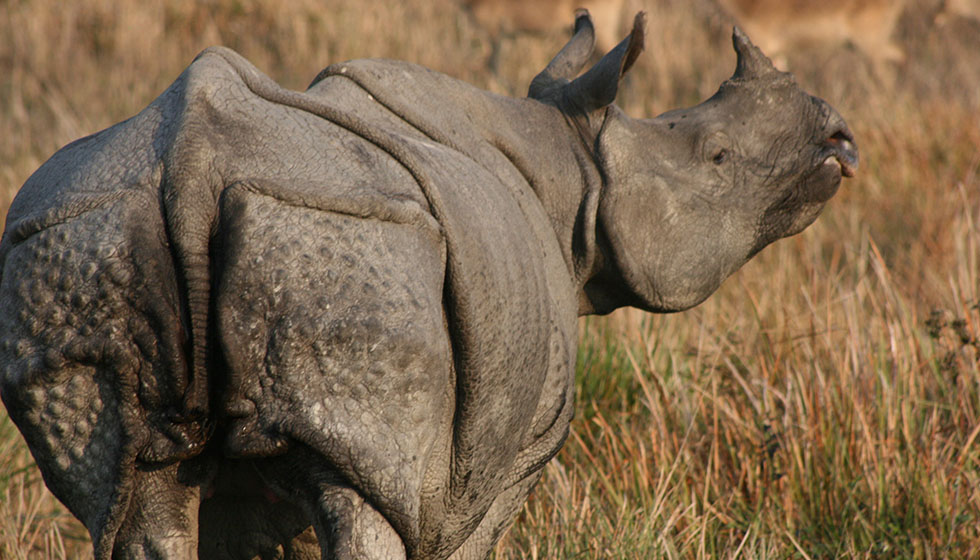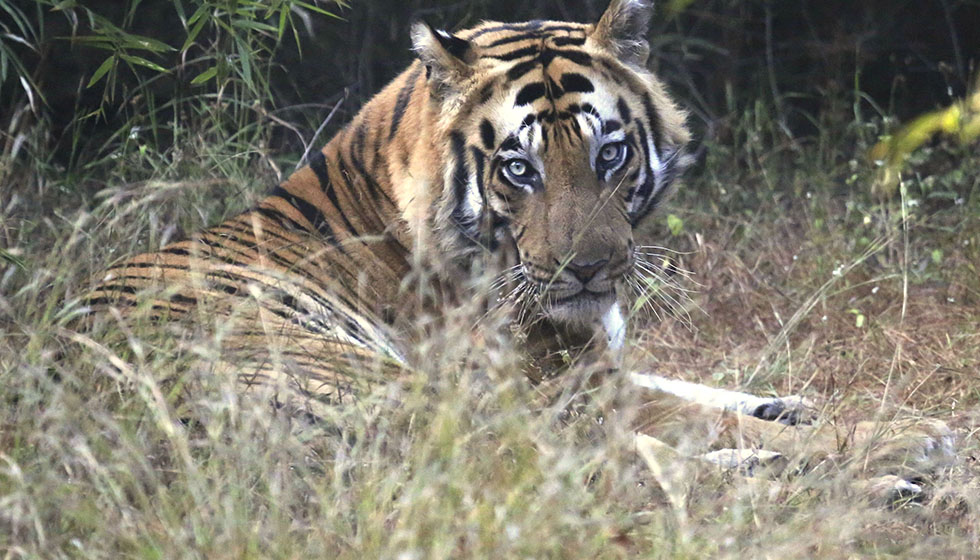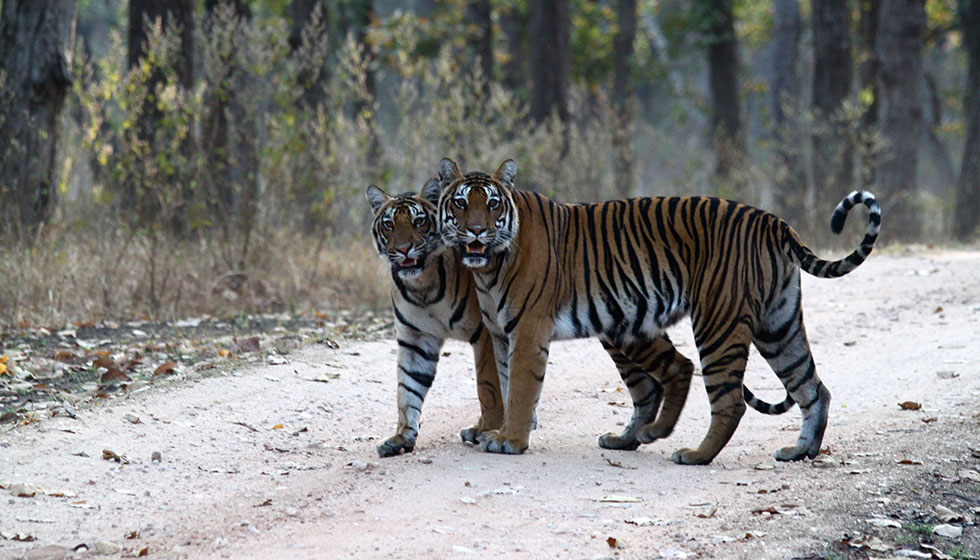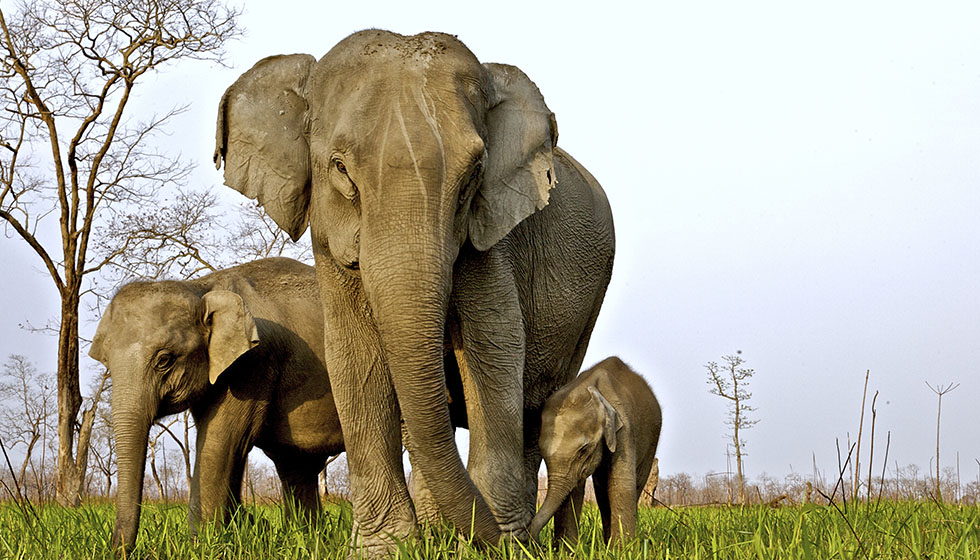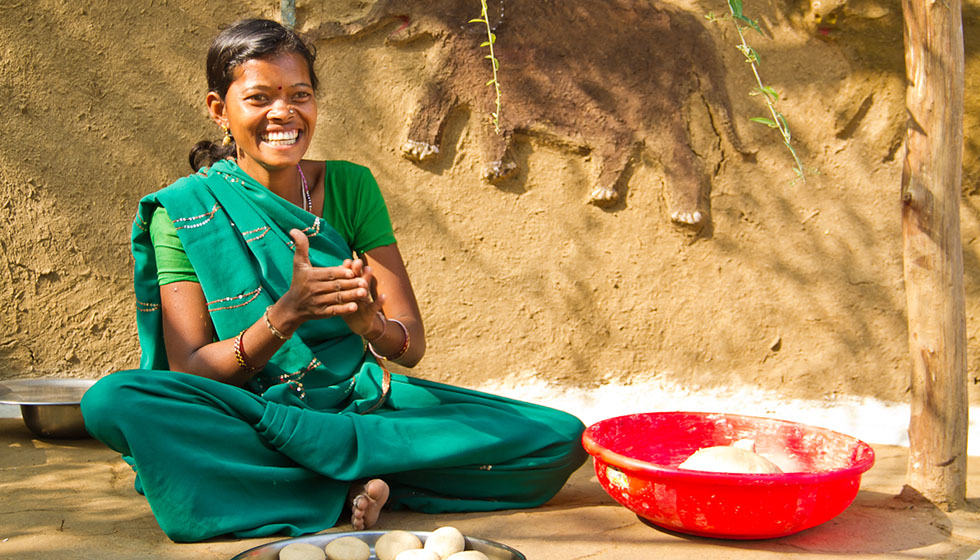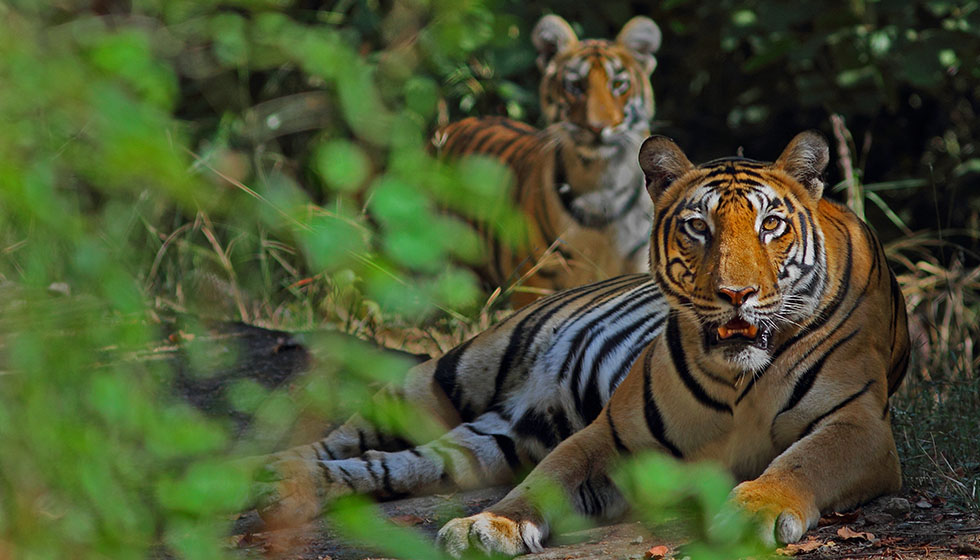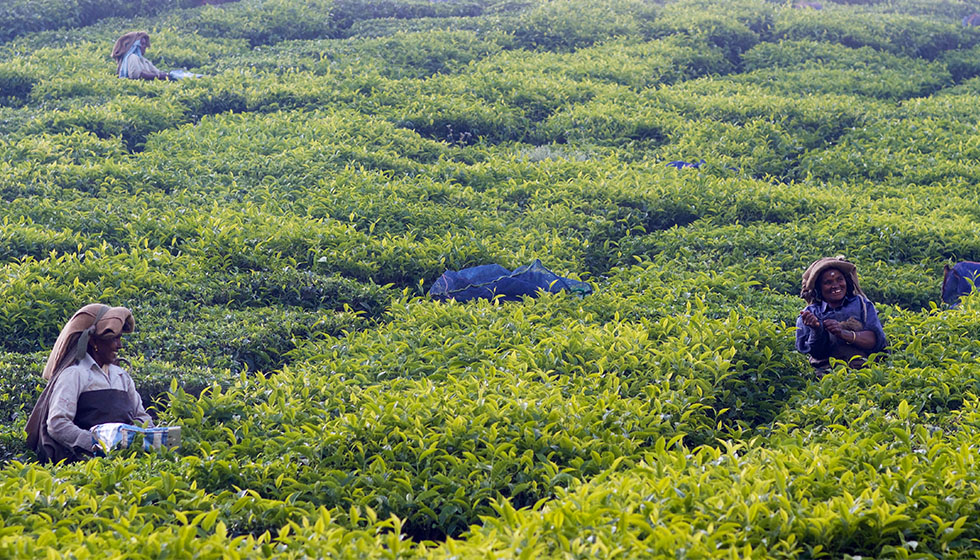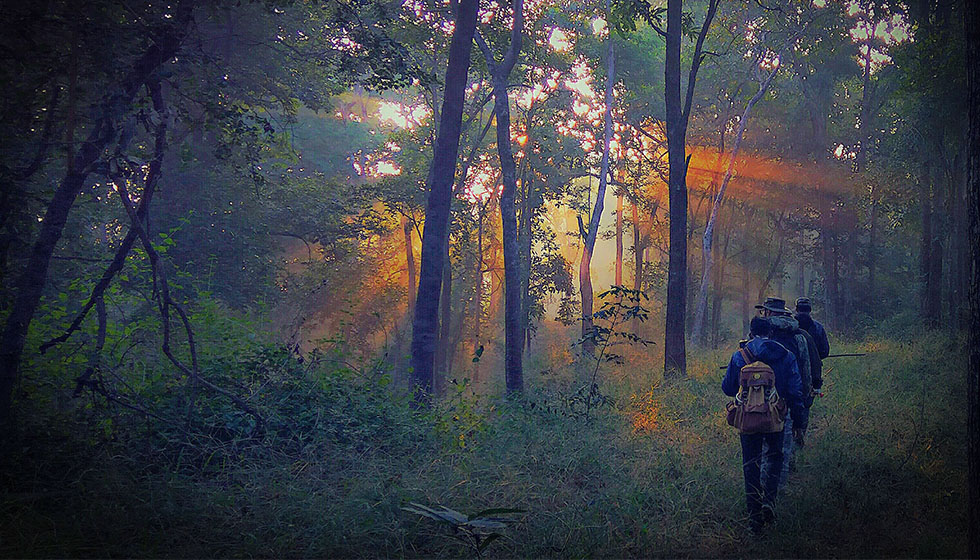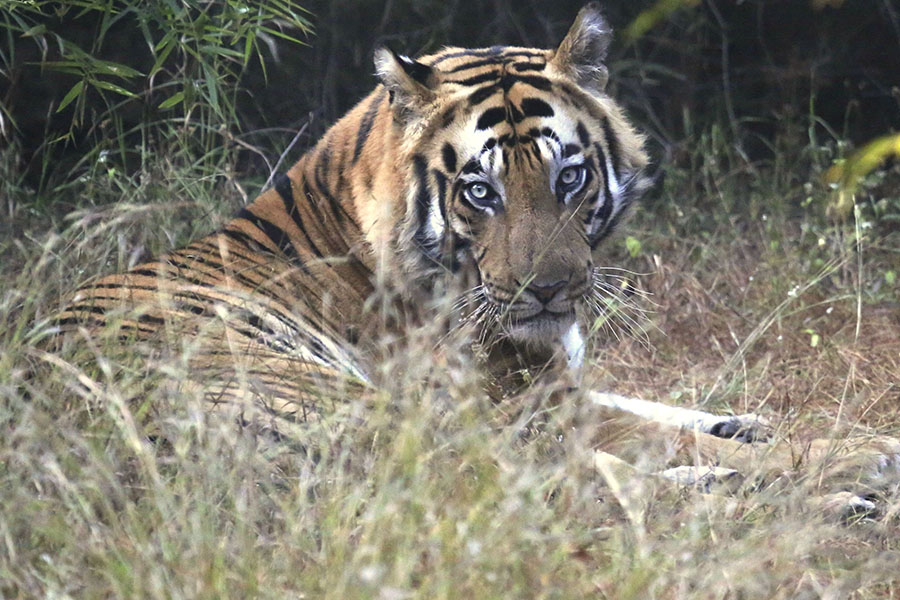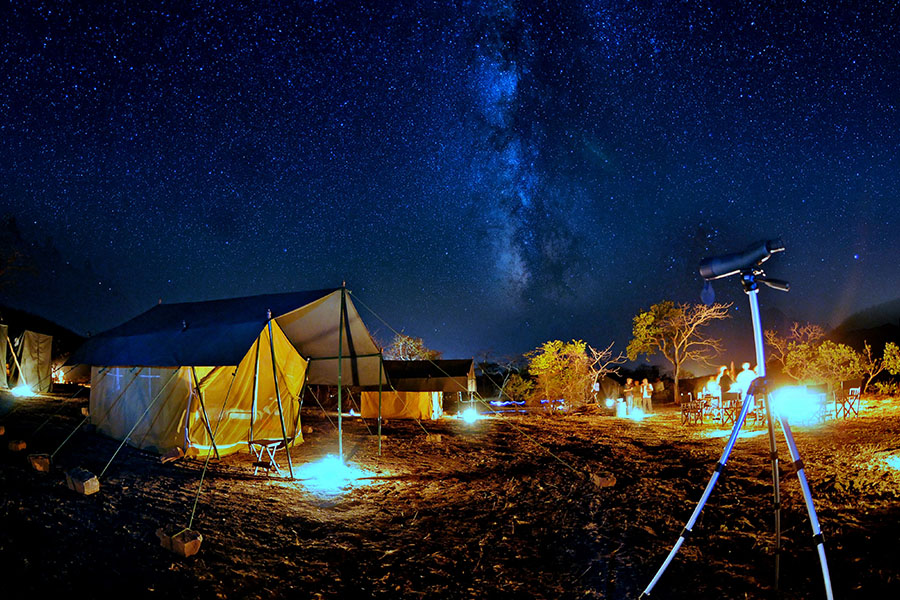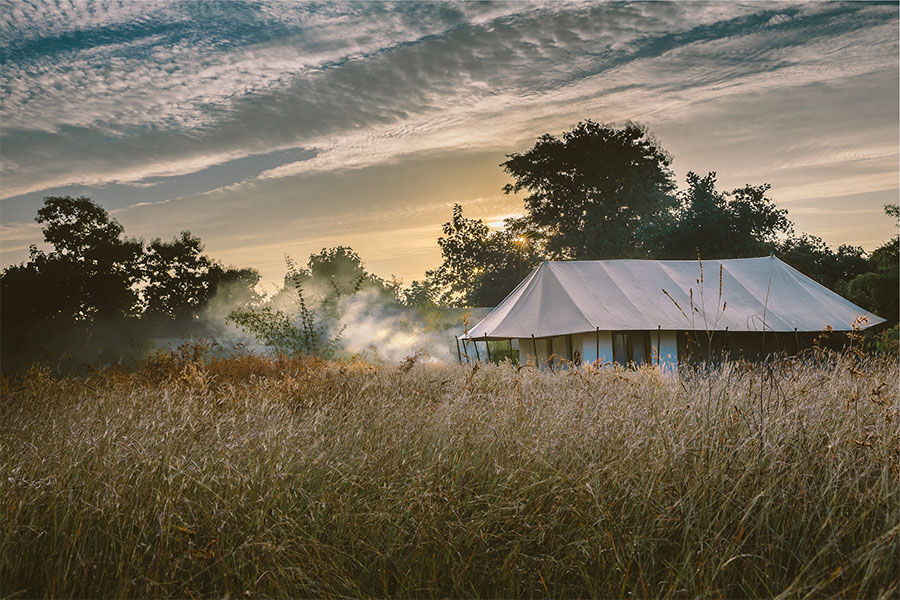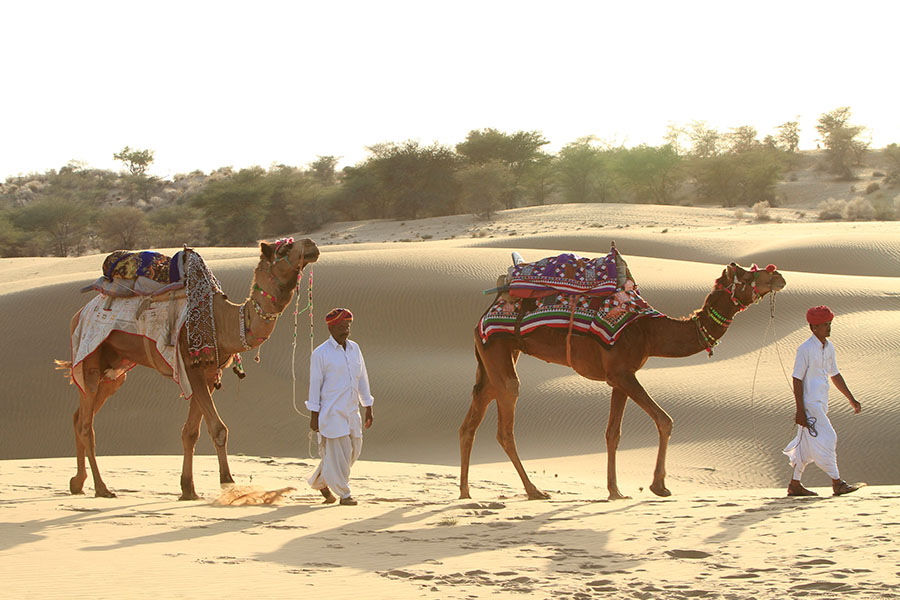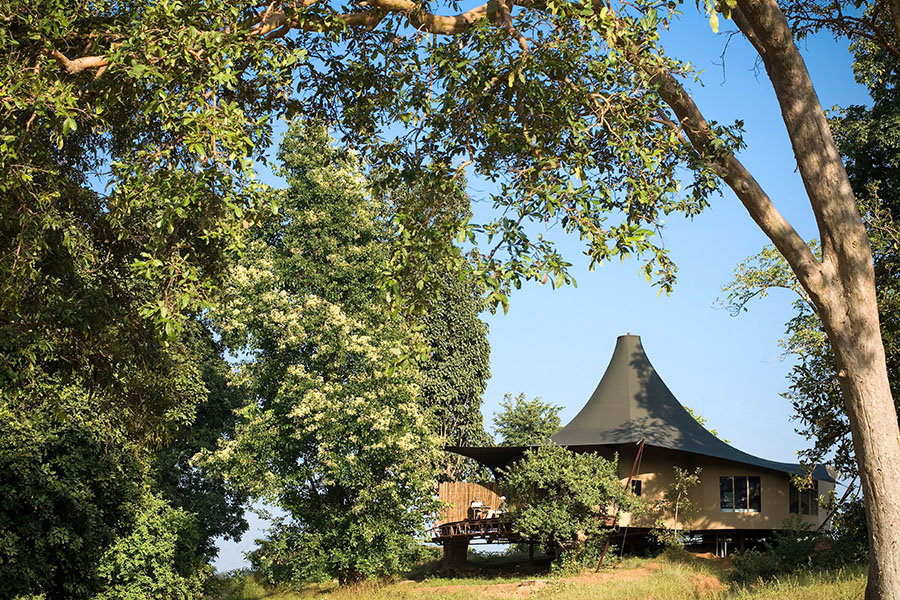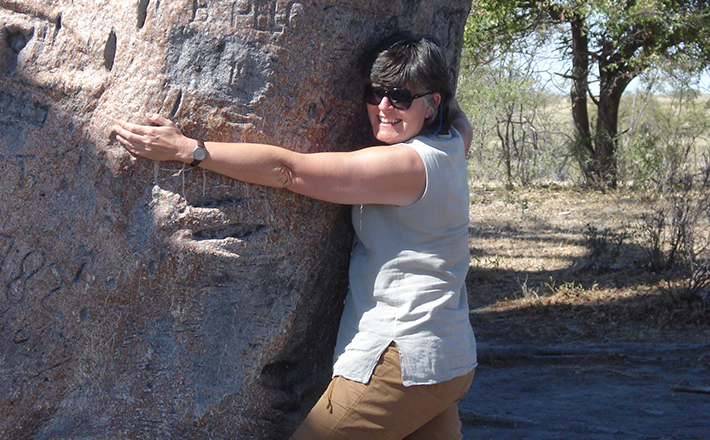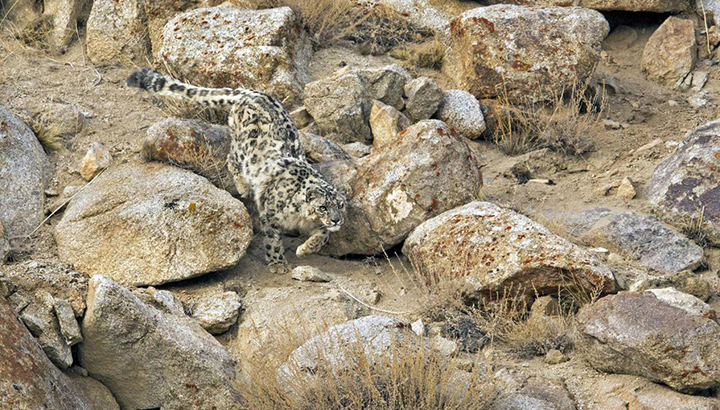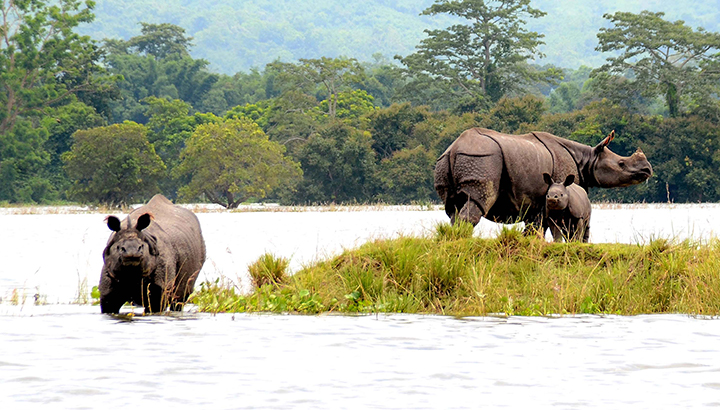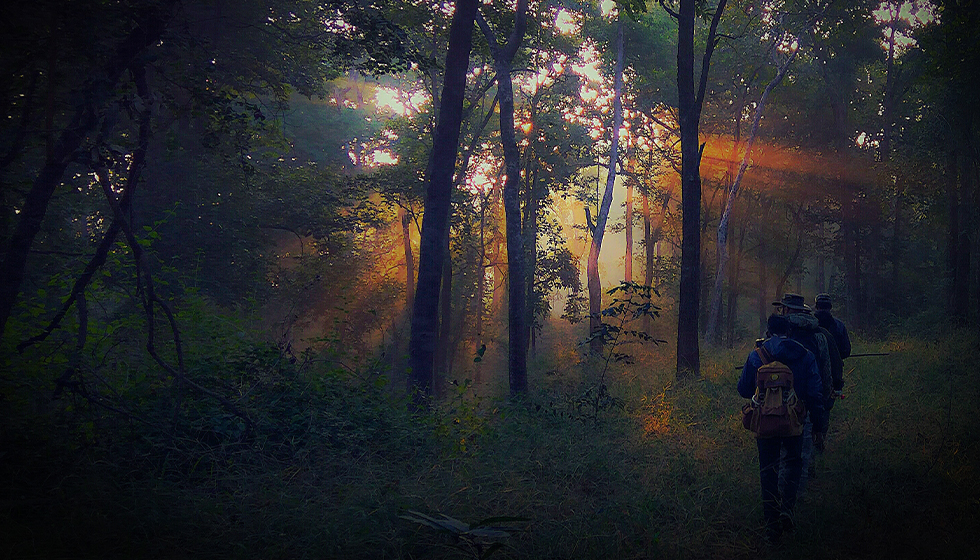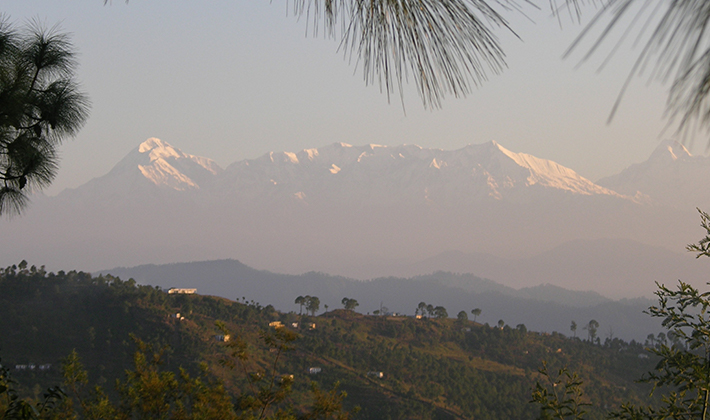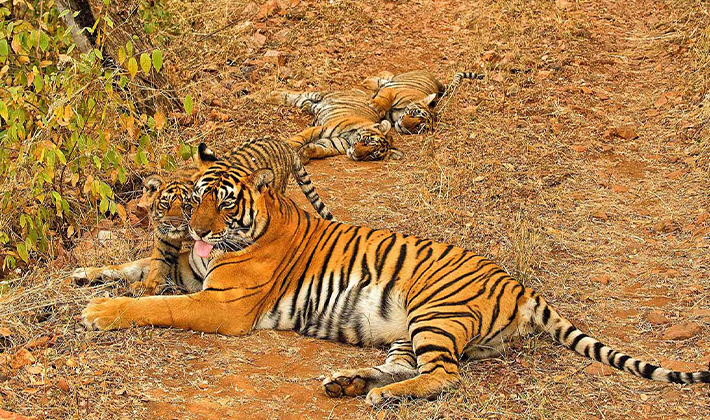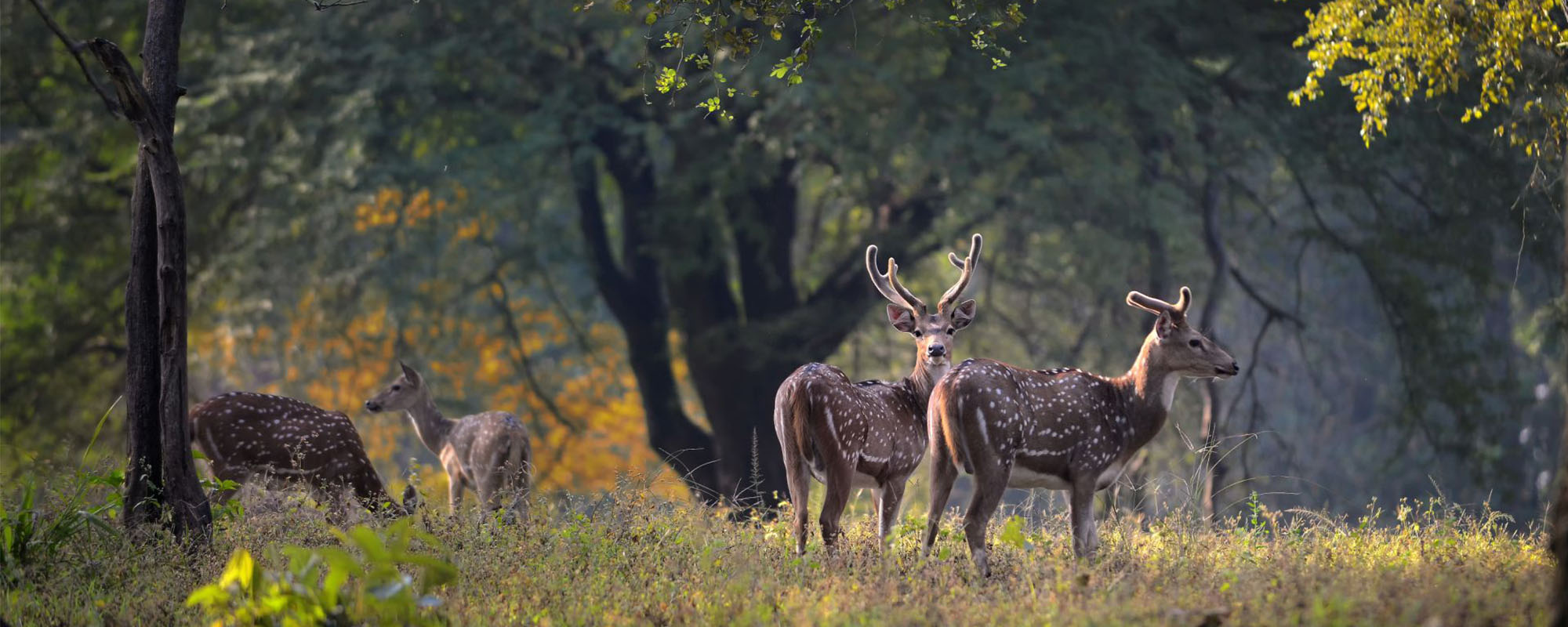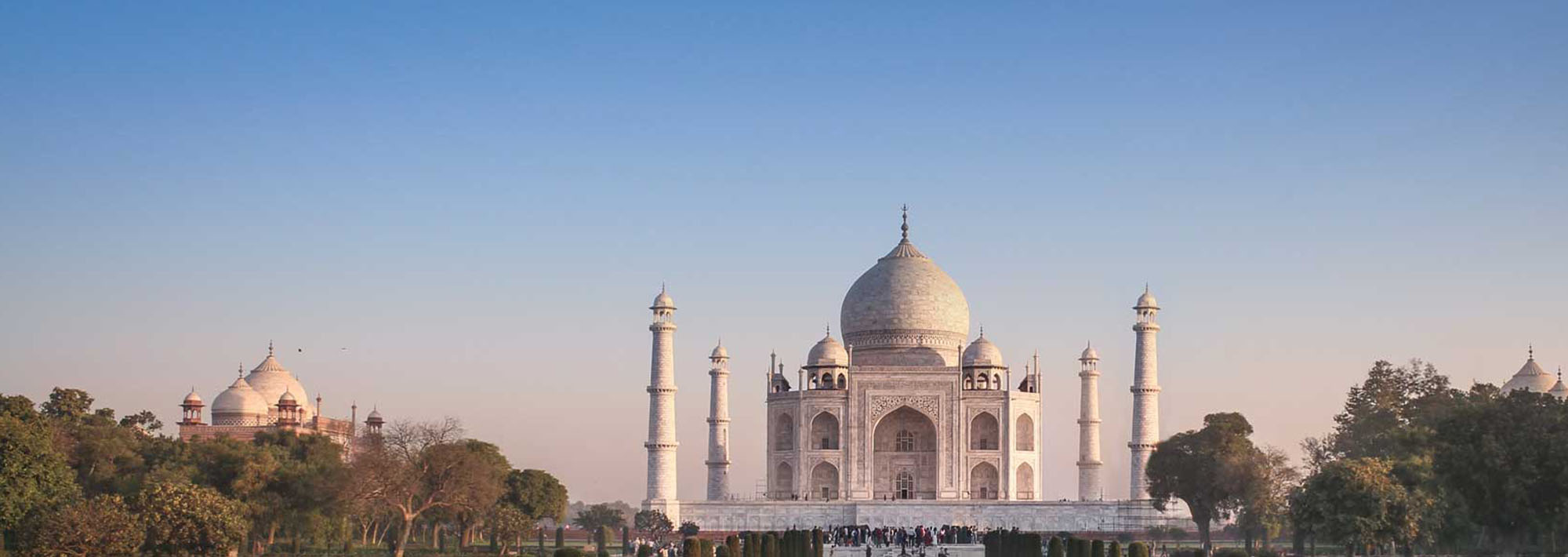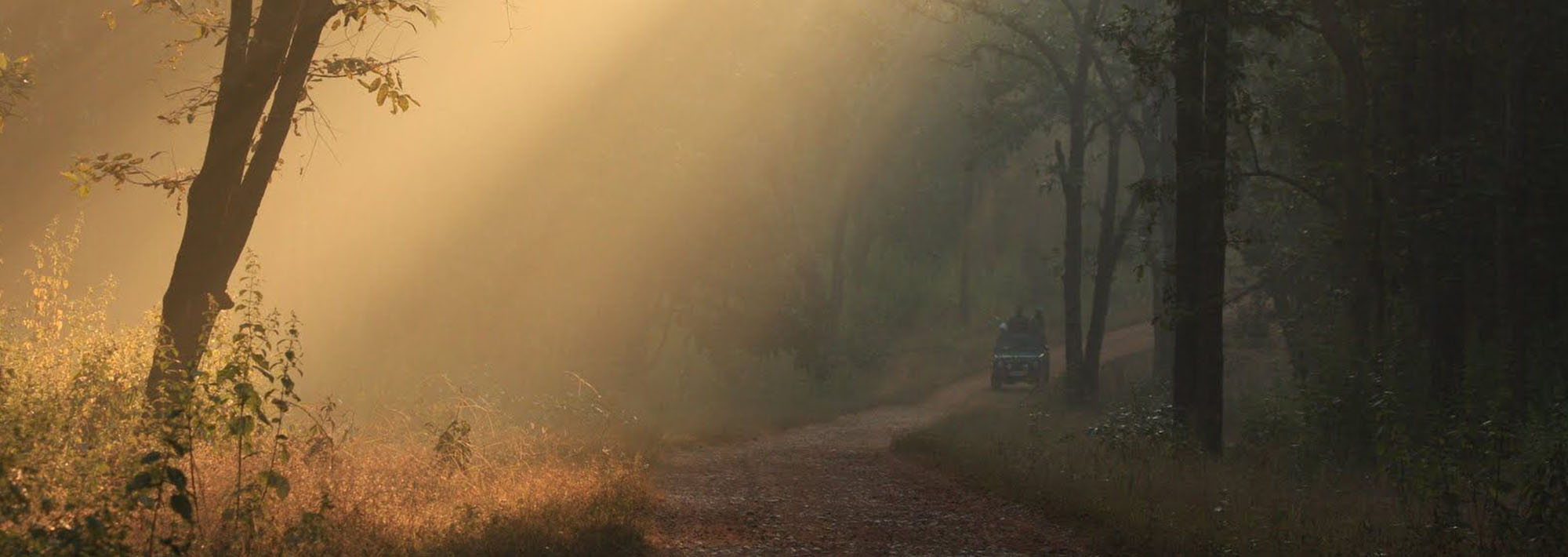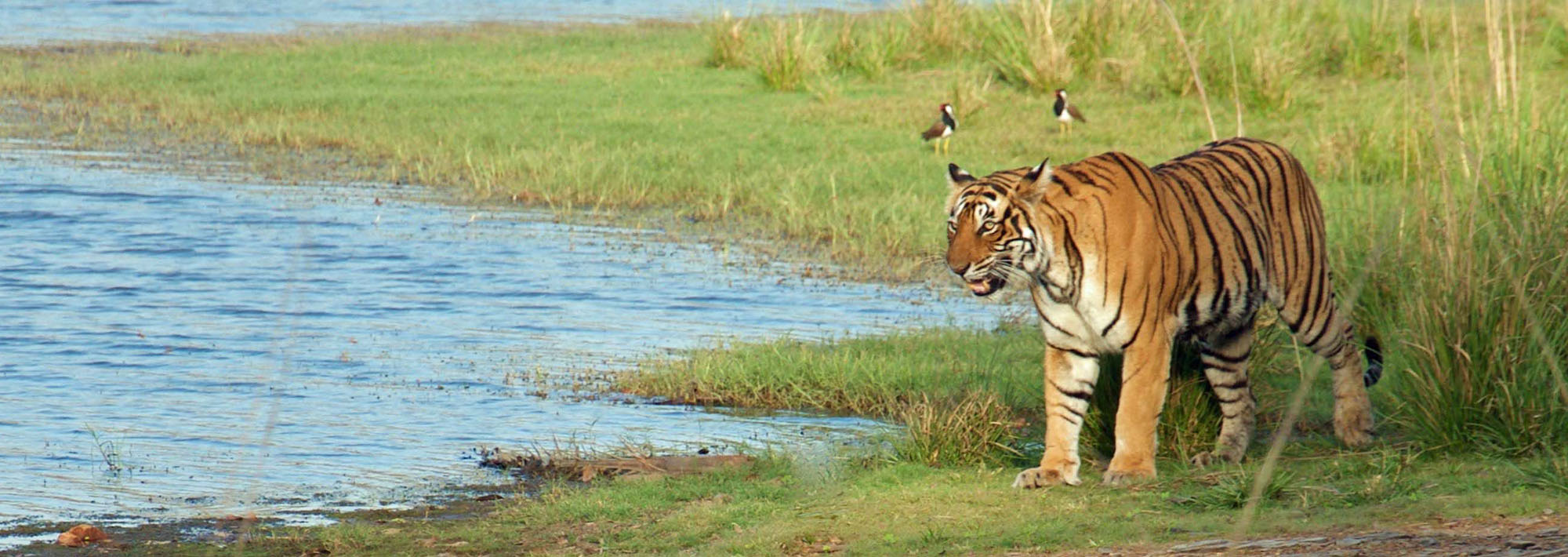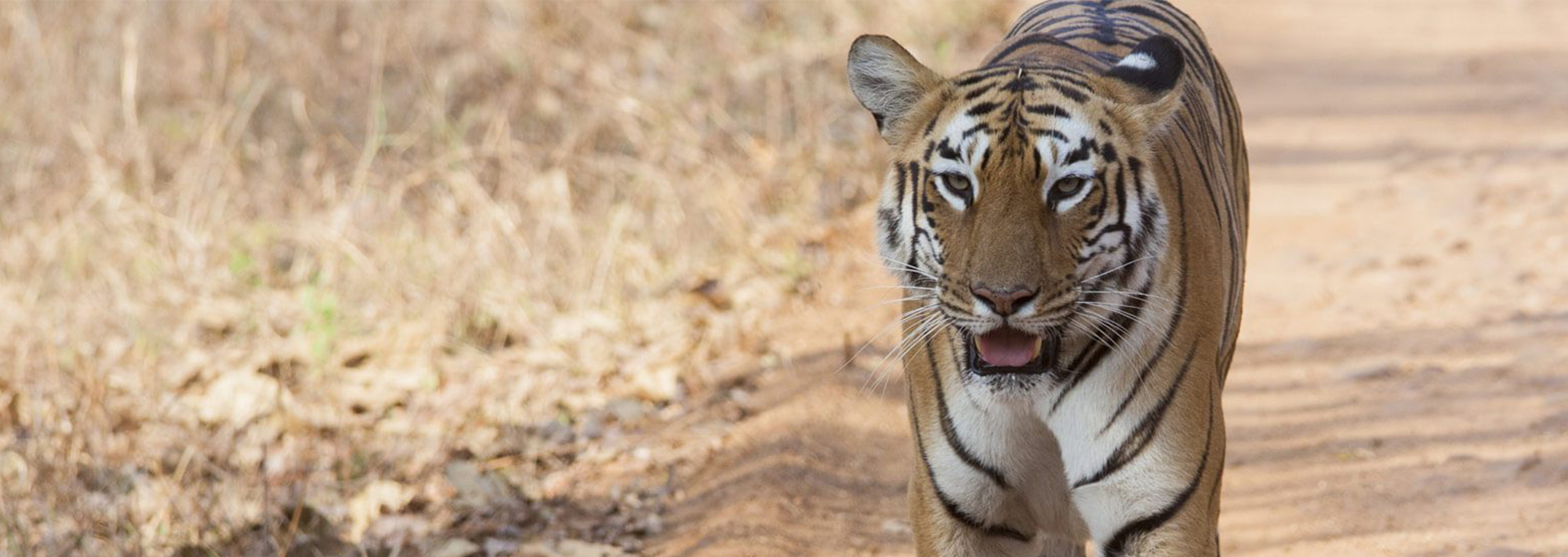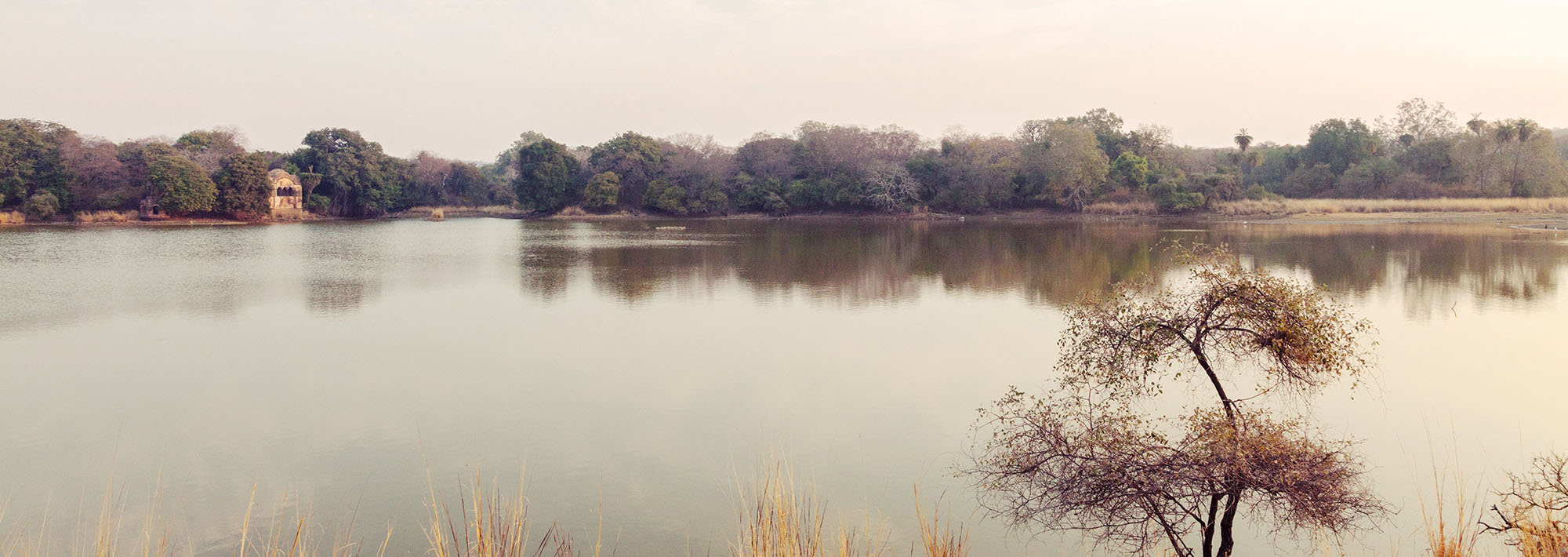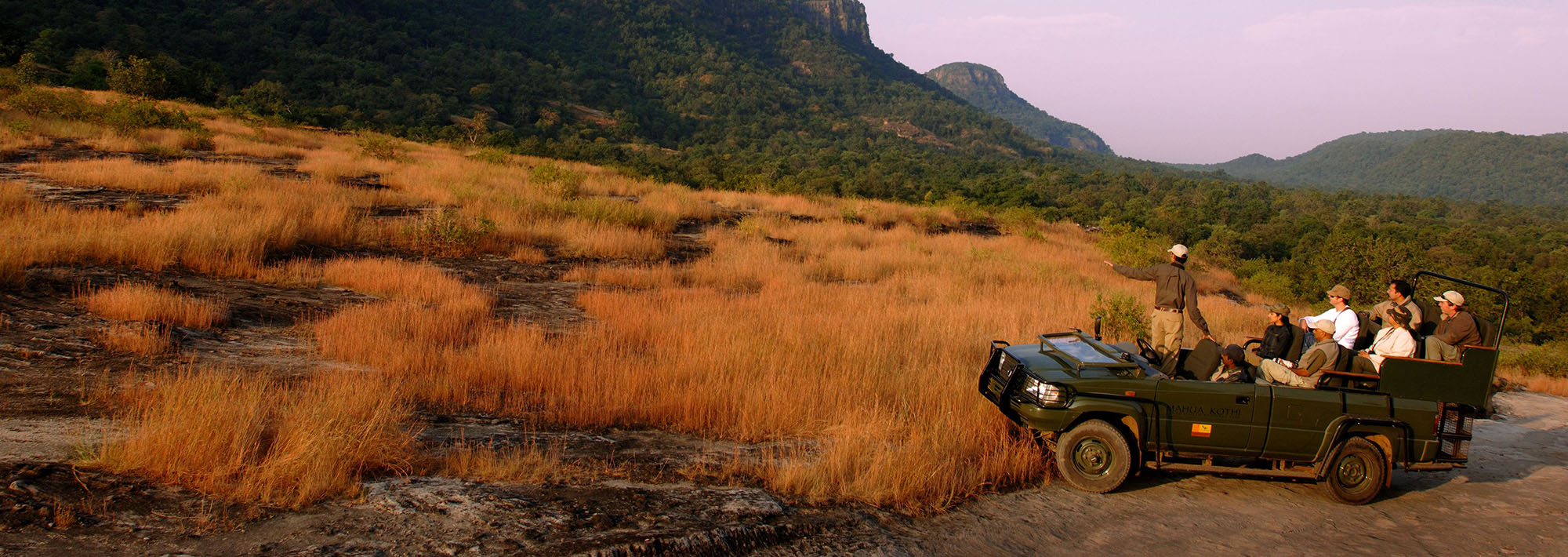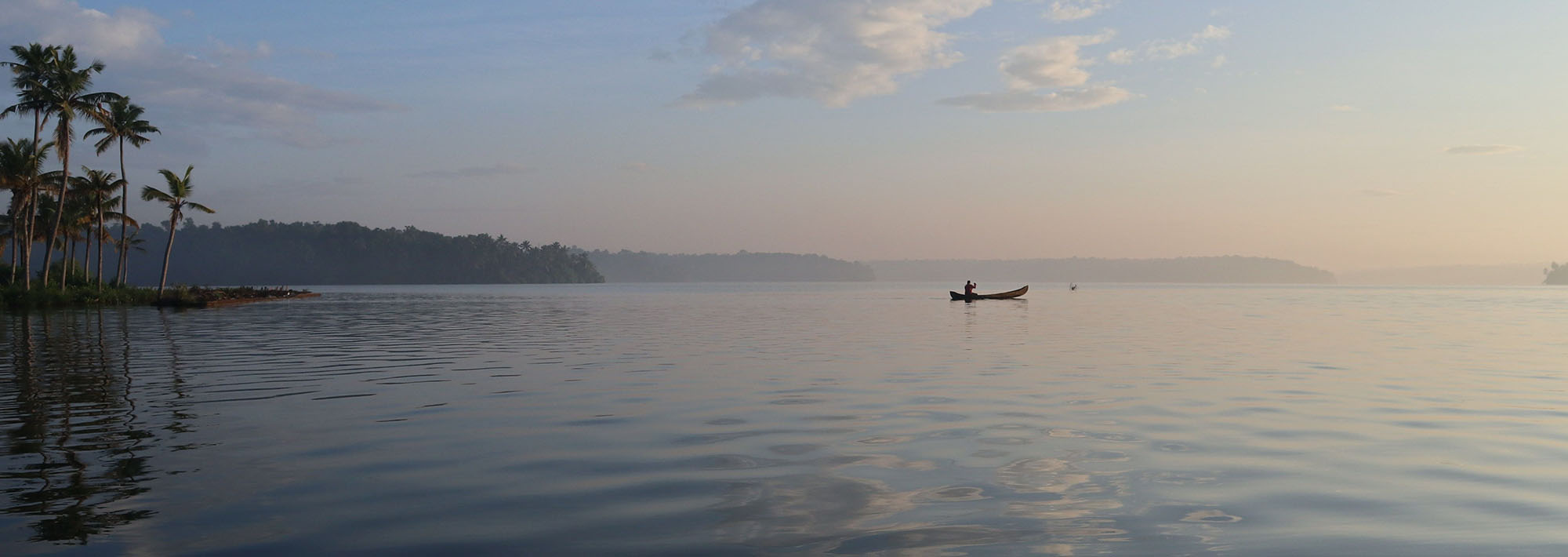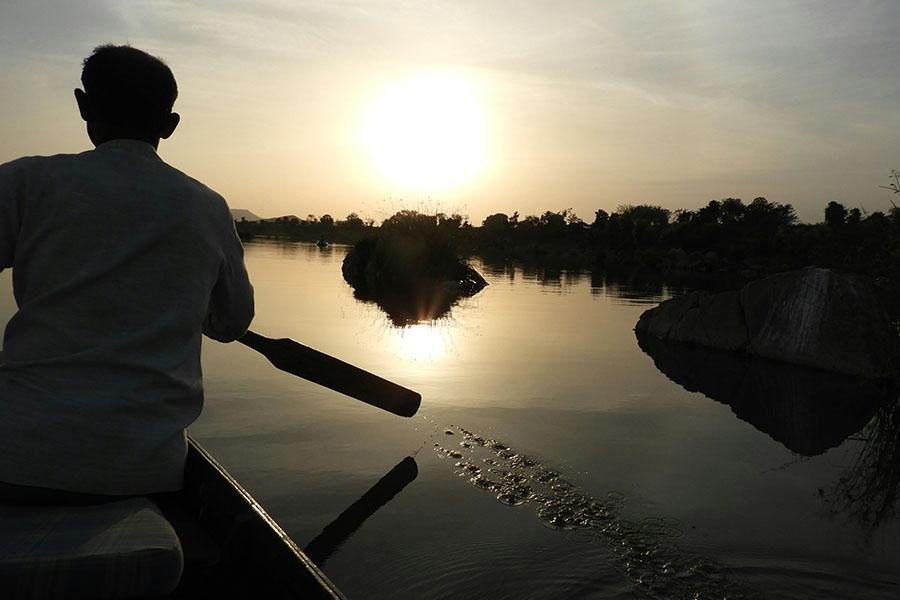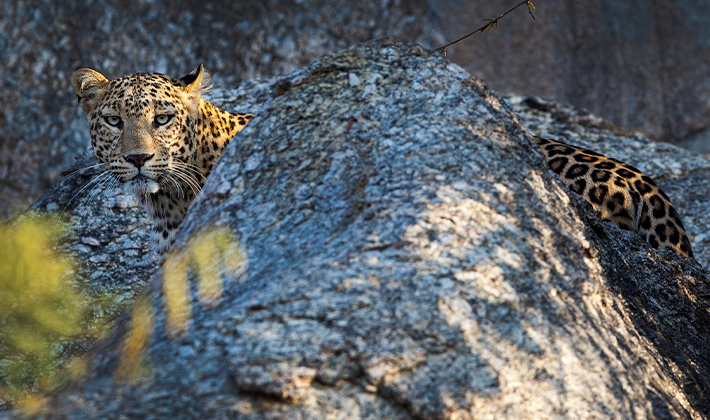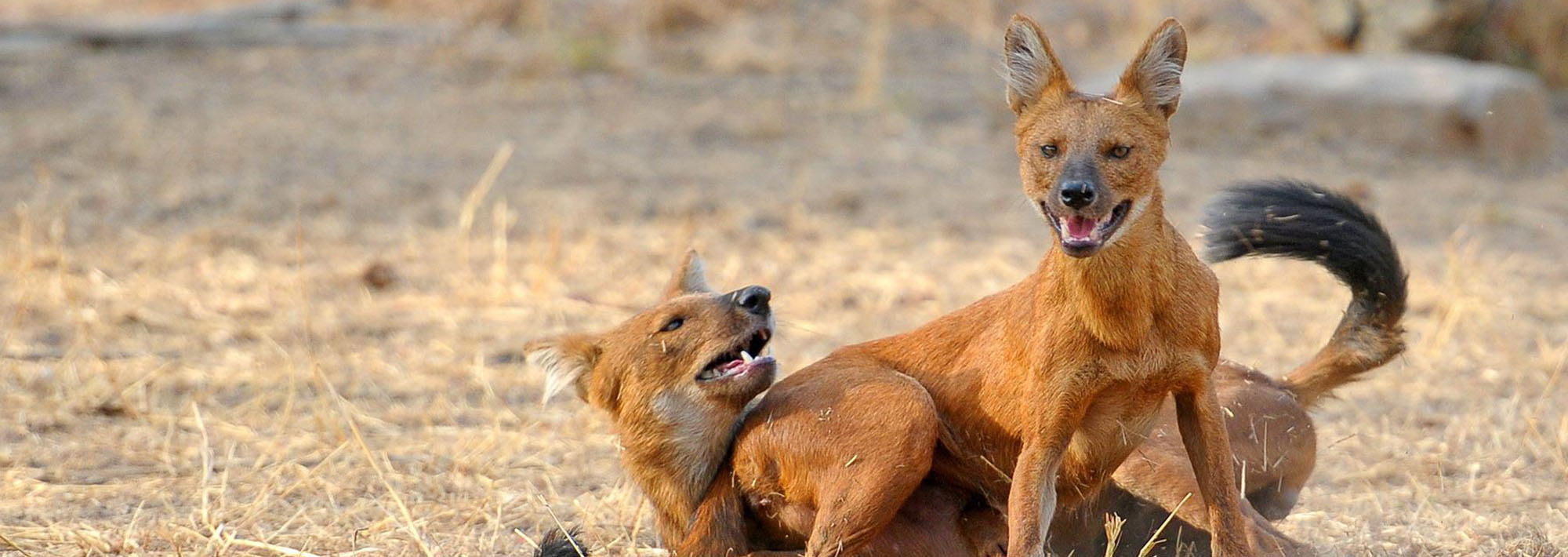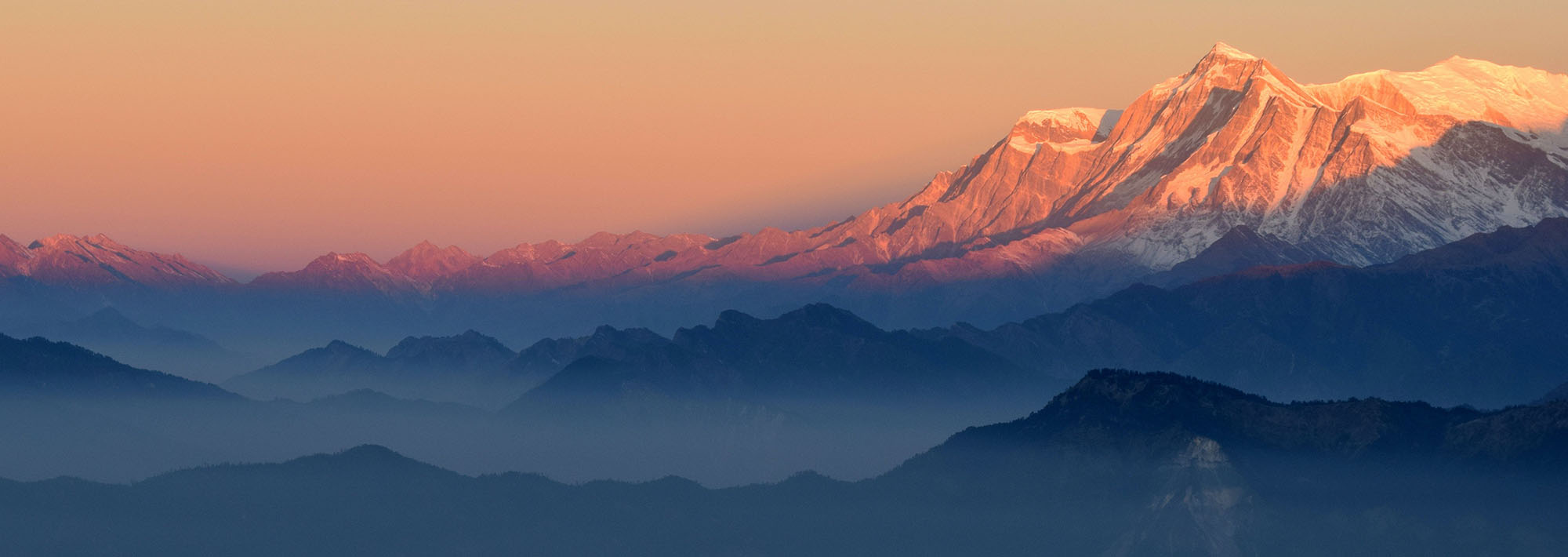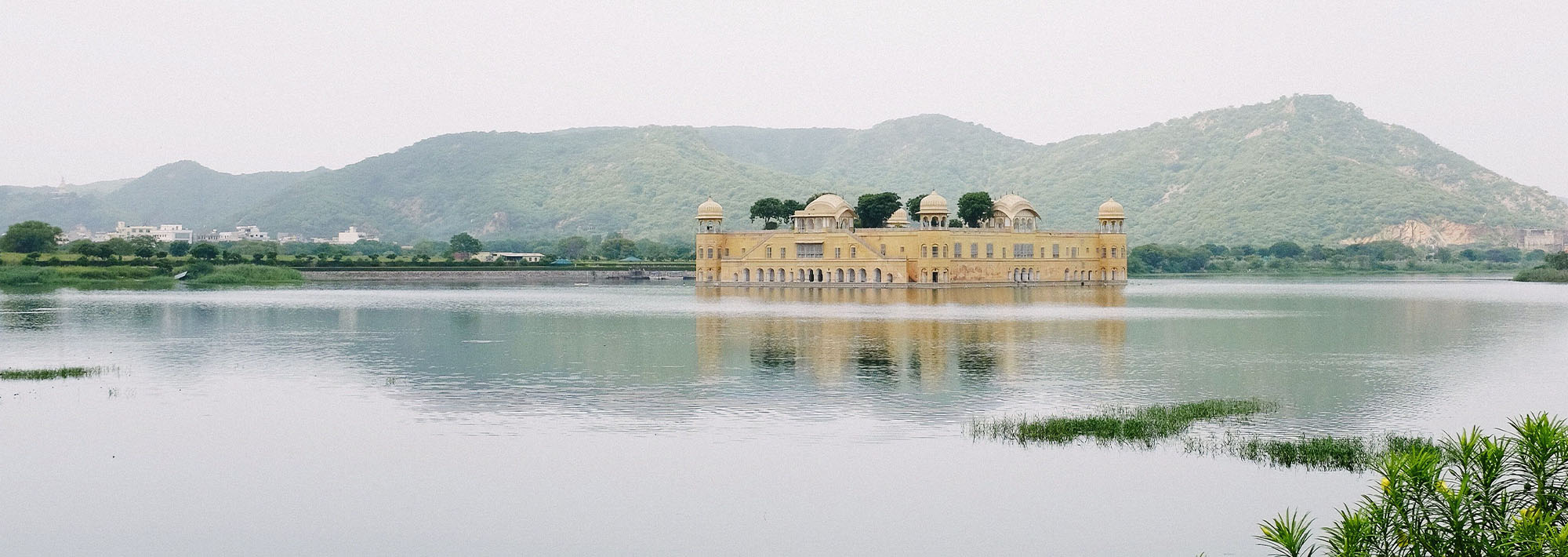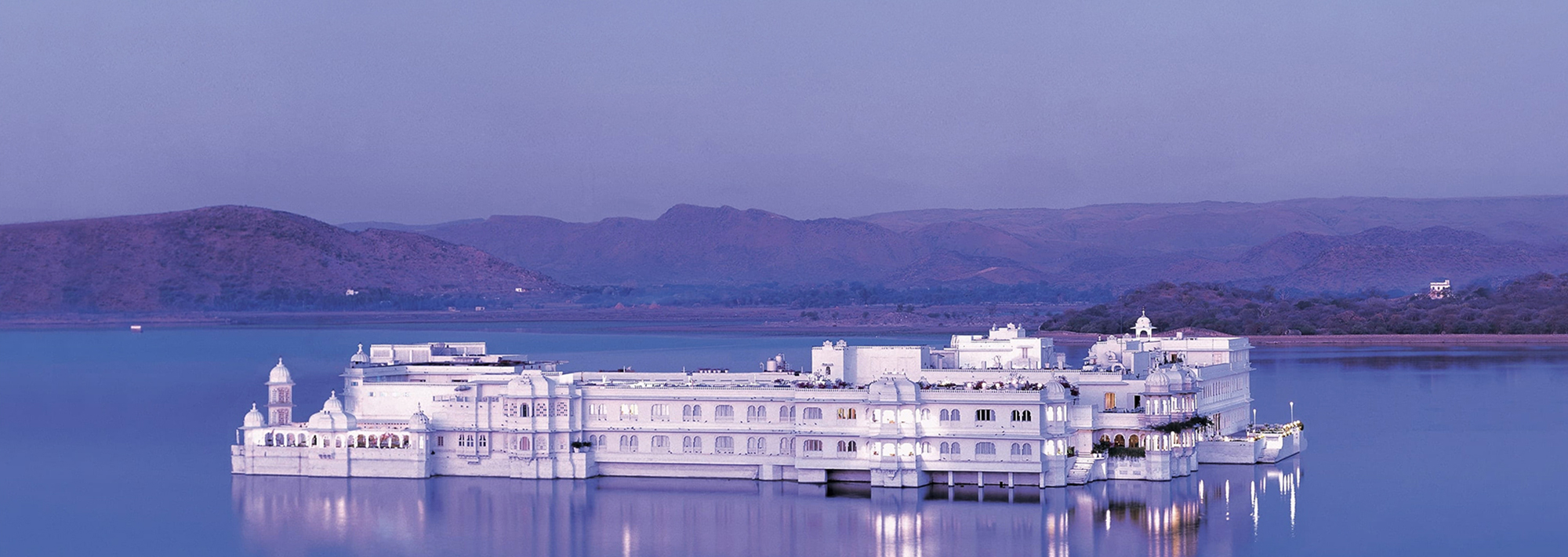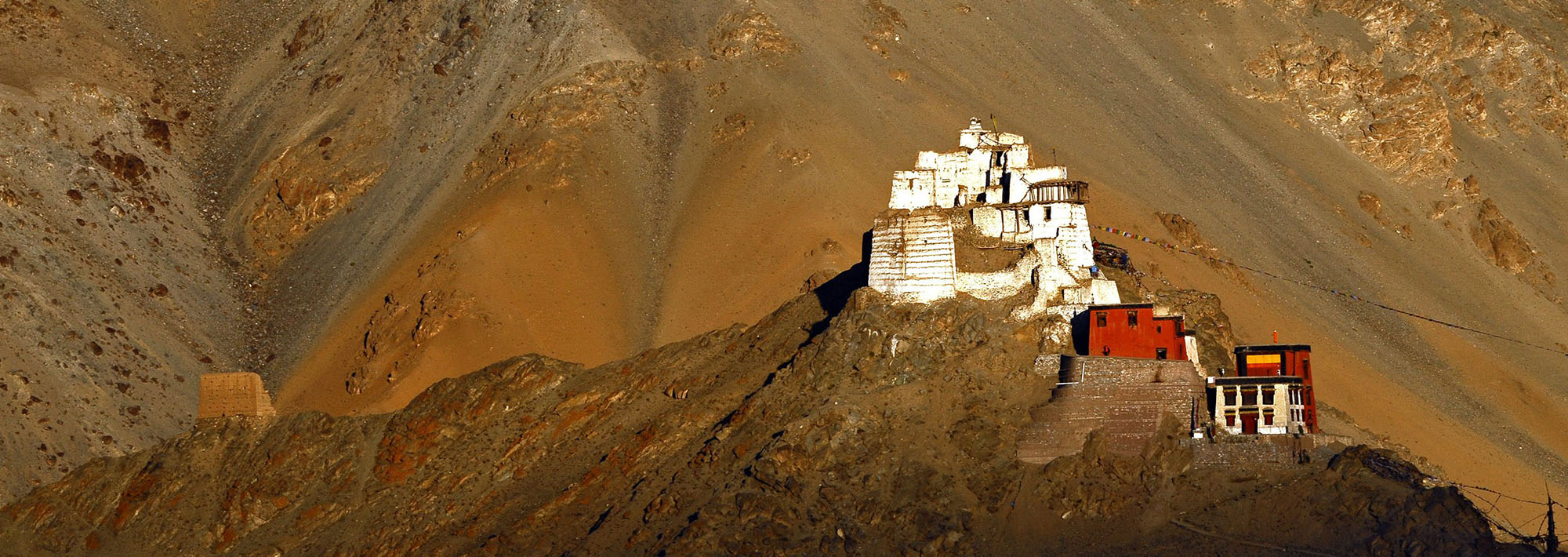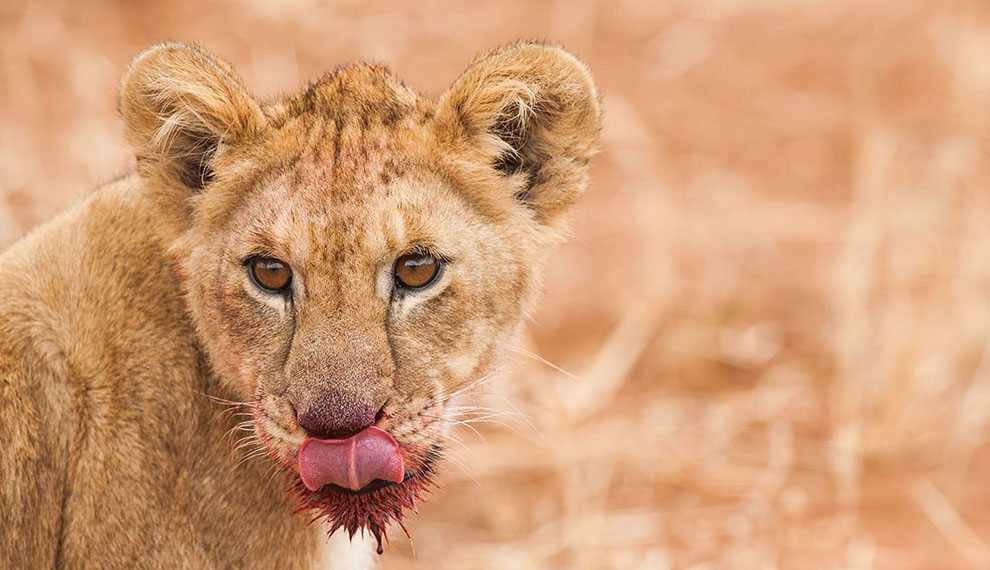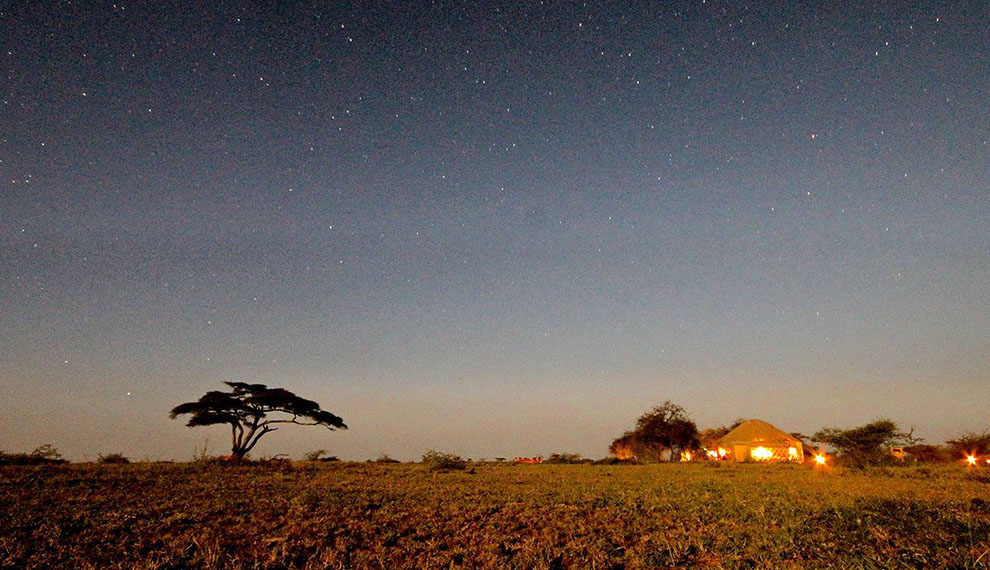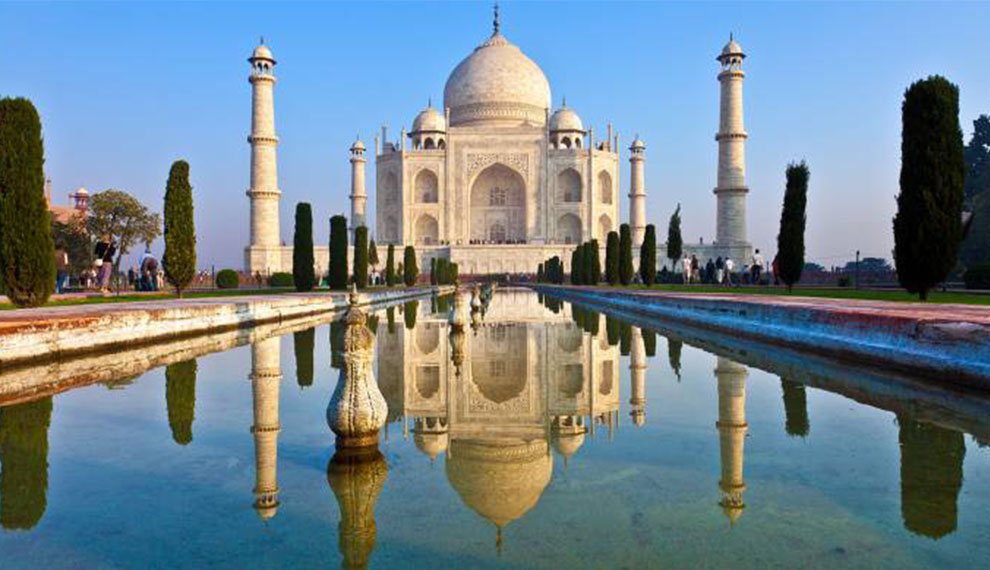India
A country of unparalleled variety of experiences, landscapes and wildlife all wrapped up in India’s incredible culture and history.
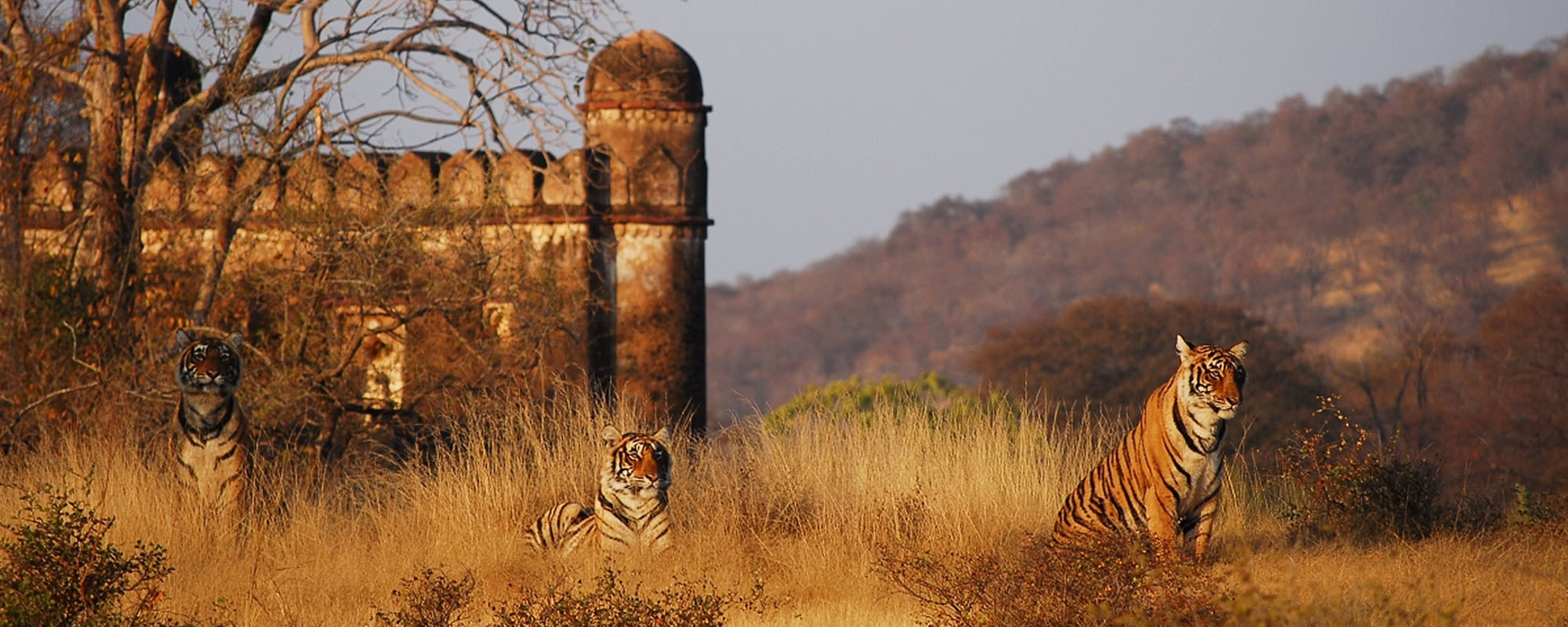
About India
India offers a lifetime of experiences. From luxury hotels owned by Maharajas in desert cities, to chic houseboats along the waterways of Kerala, elephants, tigers and temples – India has it all.
A continent with a history stretching back millennia which shows through the astonishing complexity of the culture and the diversity of people. From the Himalayas in the far North to the sub-tropical far south of Kerala, hospitality is second nature. India is deeply spiritual and cultural – and it’s also the continent that produced Bollywood. A land of extremes. Once experienced, never forgotten.
At Natural High, our tailor-made tours allow you to encounter cities that burst with life and colour, or find your way through the byways of rural village life in Rajasthan. Track tiger, rhino and elephant. Float through the lives of Kerala’s waters.
The fort and temple architecture will keep you marvelling, the people will amaze you, and India will call you back.
India is also one of the last places in the world to see tiger in their natural habitat; in the company of conservationists and our expert guides you have the best chance possible of seeing one of these magnificent, endangered big cats in the wild.
India’s great size and complexity gives it a wide range of regionality. Language, religion, clothing, food – all vary from state to state. It’s impossible to see everything in one visit.
Our recommendation is to take it slow and take the time to explore one region well. Using our expertise and first-hand experience our approach is always to get you to the right areas at the right time and pace, and smooth your way seamlessly through this incredible country.
+ Read More
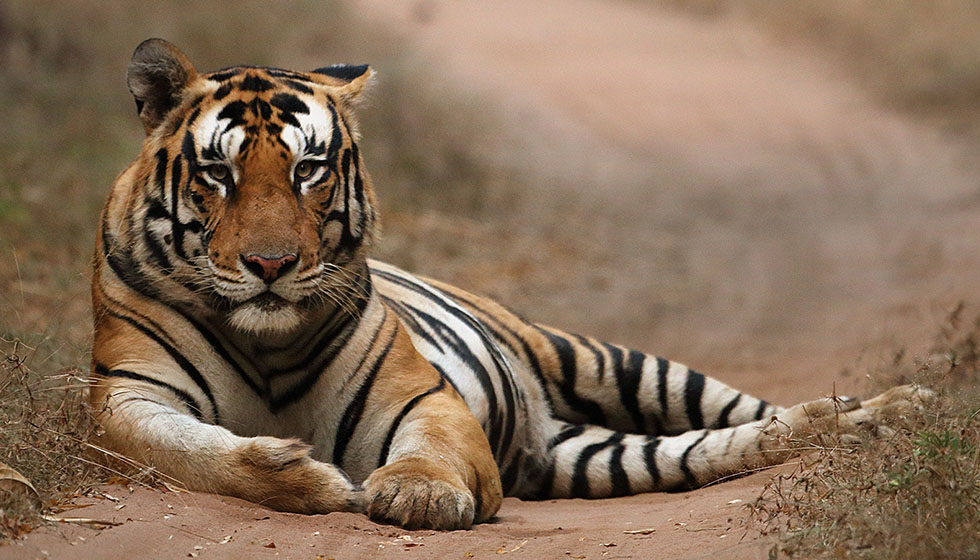
- Visit India’s wild and remote destinations
- Enthralling and endangered wildlife
- Track the majestic tiger
- Visit the jungles of Central India
-
ATOL Protected
-
24/7 Guidance & Support
-
20+ Years of Experience
-
We take care of the leg work
-
We find you the best deal
Best Time To Visit India
India is a vast country so there is no one best time to visit
Generally the best time to visit India is between October and April, with May to September for Ladakh in the high Himalaya.
There are many local variations and exceptions. Altitude and latitude affect the climate and at the same time it’s snowing in the Himalayas, the Western Ghats more than 1000km south are warm and sunny.
For example, in April and May the weather is very pleasant in the hills such as Darjeeling or Kumaon at a time when it is very hot (40C+) in Rajasthan and the northern plains. These months are also great for a safari, in spite of the heat, as jungle foliage and waterholes have dried up making it easier to spot wildlife.
The only area that isn’t affected by the monsoon rains is Ladakh. Lying in the rain shadow of the Himalayas and cut off from the rest of India by snow for the remainder of the year, June to September are the perfect time to visit.
Millions of Indians travel during local holidays and while an Indian festival is heaps of fun services can be overwhelmed by demand and you need to be prepared for crowds and noise reaching the seemingly remotest of places.
Best Time To Visit India
Popular safaris in India
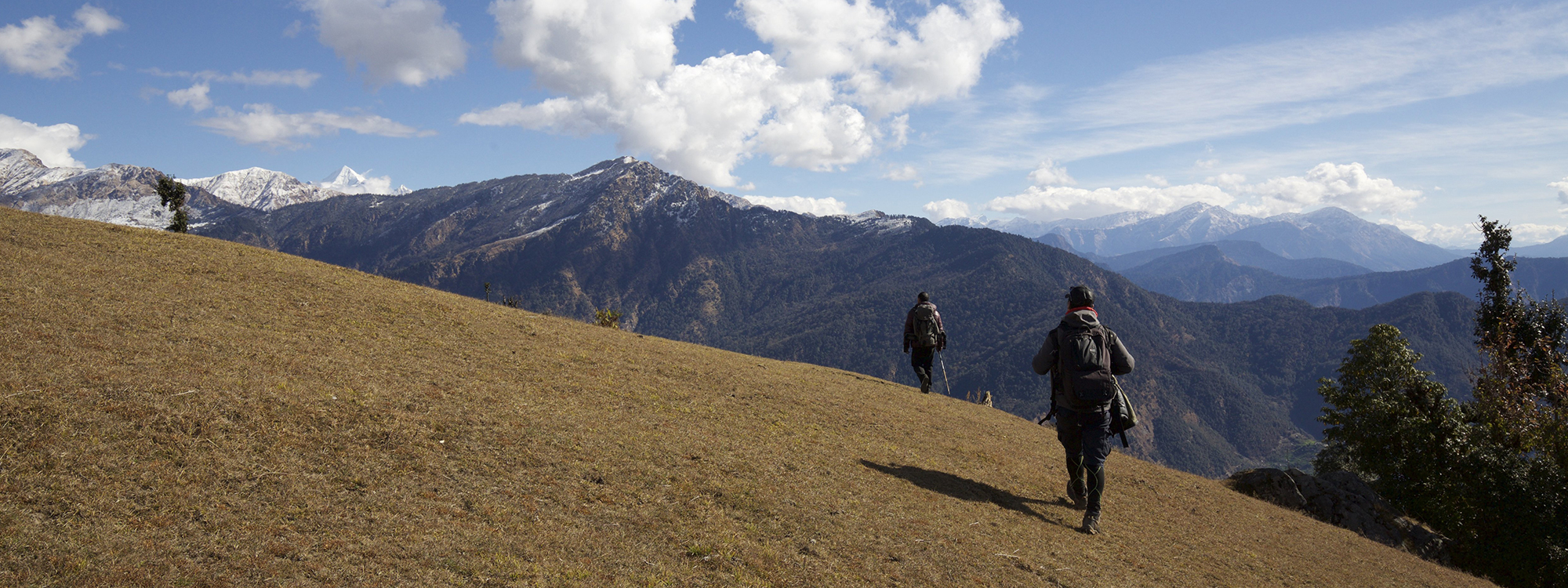
- Rich tapestry of mountain scenery
- Stunning Himalayan views
- Stay in village houses, boutique lodges and private tented camps
India'sParks & Areas
With such complexity, India has a unique identity that can captivate you in one moment and challenge you in the next.
Our Favourite Camps & Lodges

This small luxury tented camp at Pench National Park opened in 2014 and went straight on to Conde Nast’s Hot List.
Learn More
A 1920’s style safari camp dedicated to conservation. A stay at Sher Bagh will always be one of comfort; it's a great place to simply relax and enjoy the countryside.
Learn More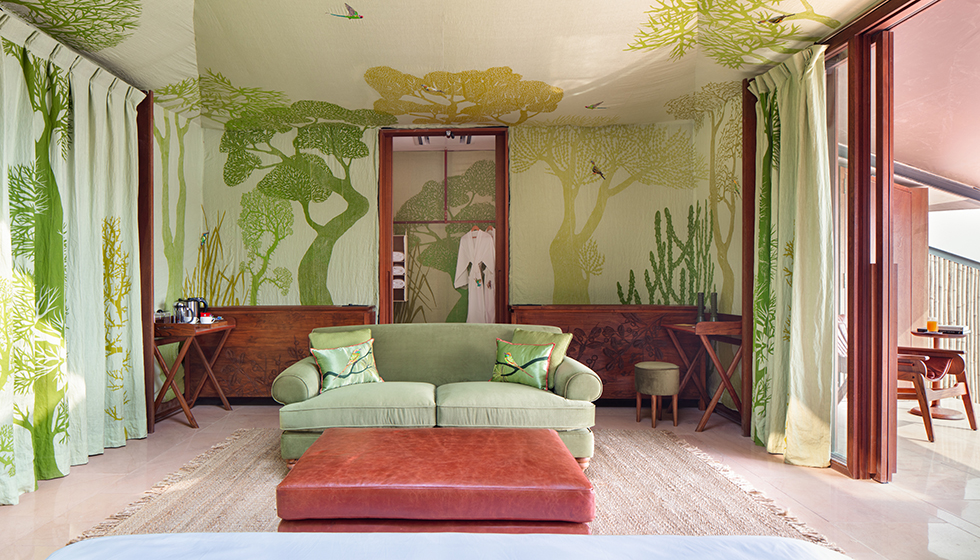
This is a lovely intimate place to stay where the peace of the countryside, star spangled night skies and al fresco dining are the luxury on offer
Learn More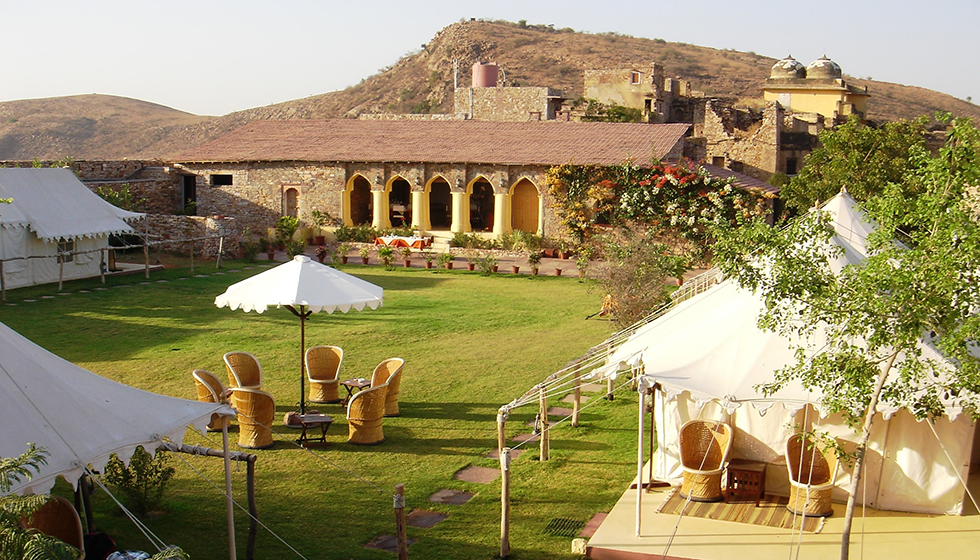
A stay at Ramathra is a fabulous insight into rural life in Rajasthan. One of the best things to do here is to take a walk to the small local temple and down to the local village.
Learn More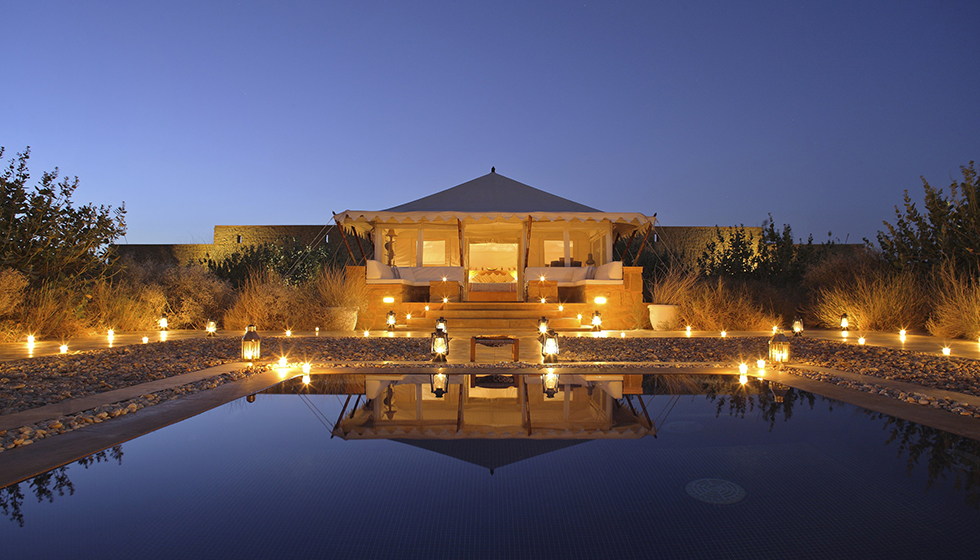
Surrounded by miles of desert scrub this glorious tented camp is a marvellous place to experience desert life in absolute comfort.
Learn More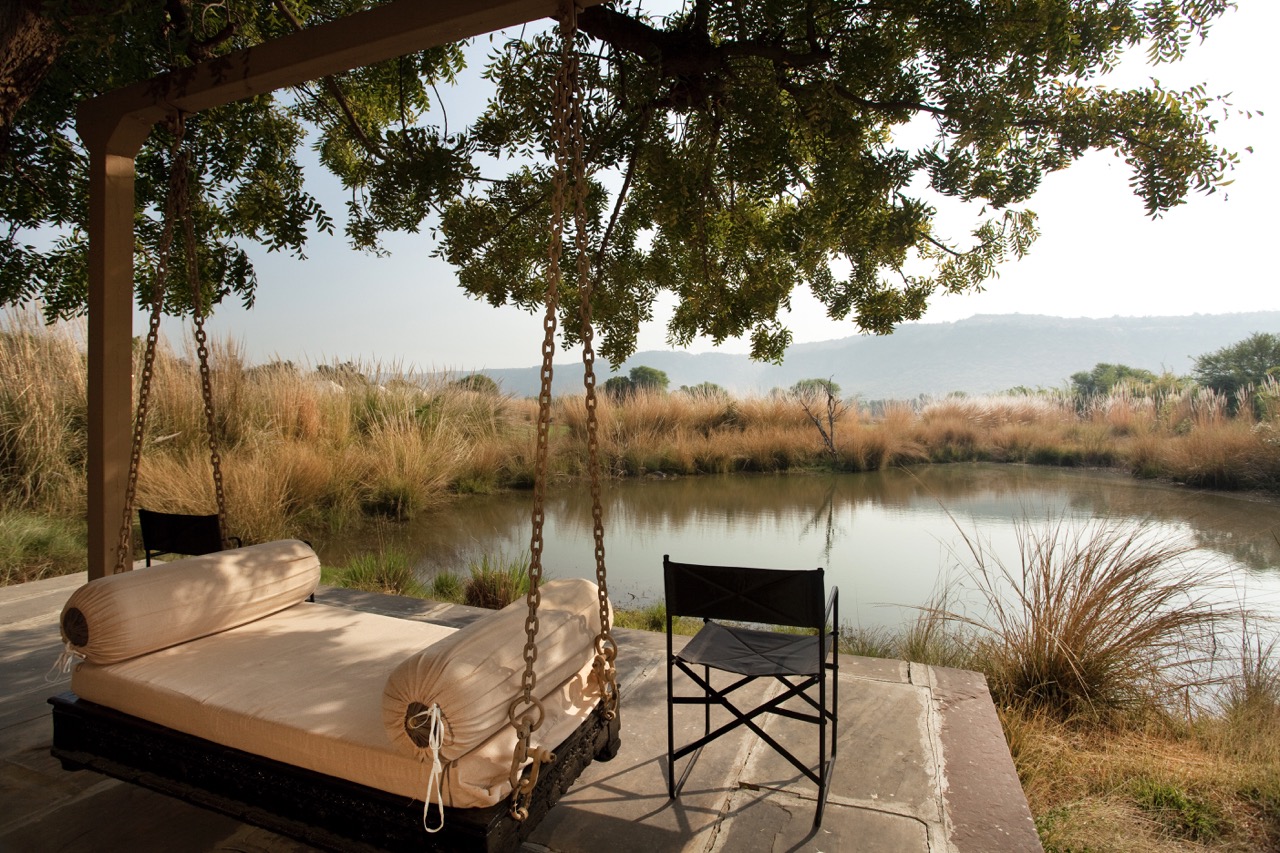
Established in 1989 by Usha and Goverdhan Singh Rathore, Khem Villas began as a barren expanse and has since transformed into a thriving natural habitat through dedicated rewilding efforts.
Learn More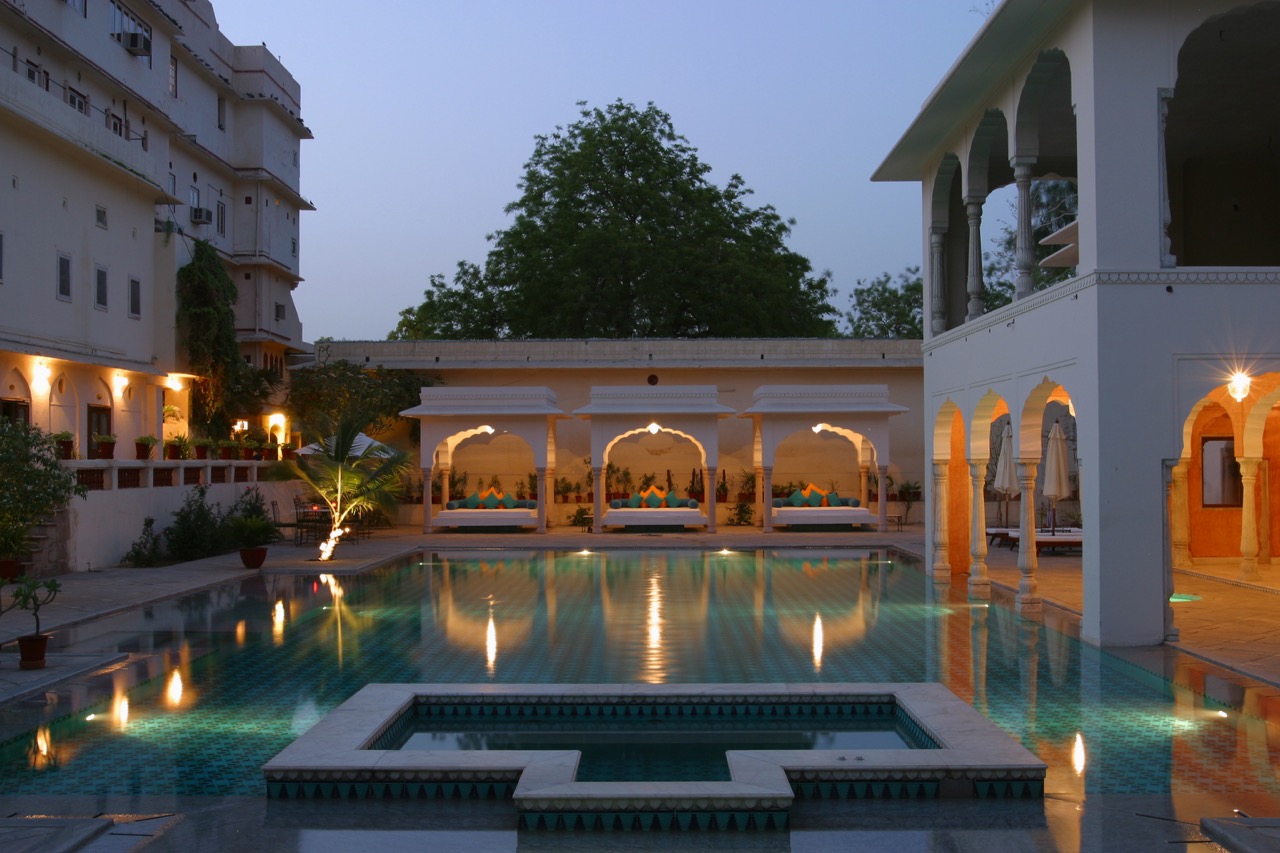
Built over 175 years ago as a residence for the royal family of Samode, Samode Haveli is a beautifully preserved example of Jaipur’s architectural heritage.
Learn More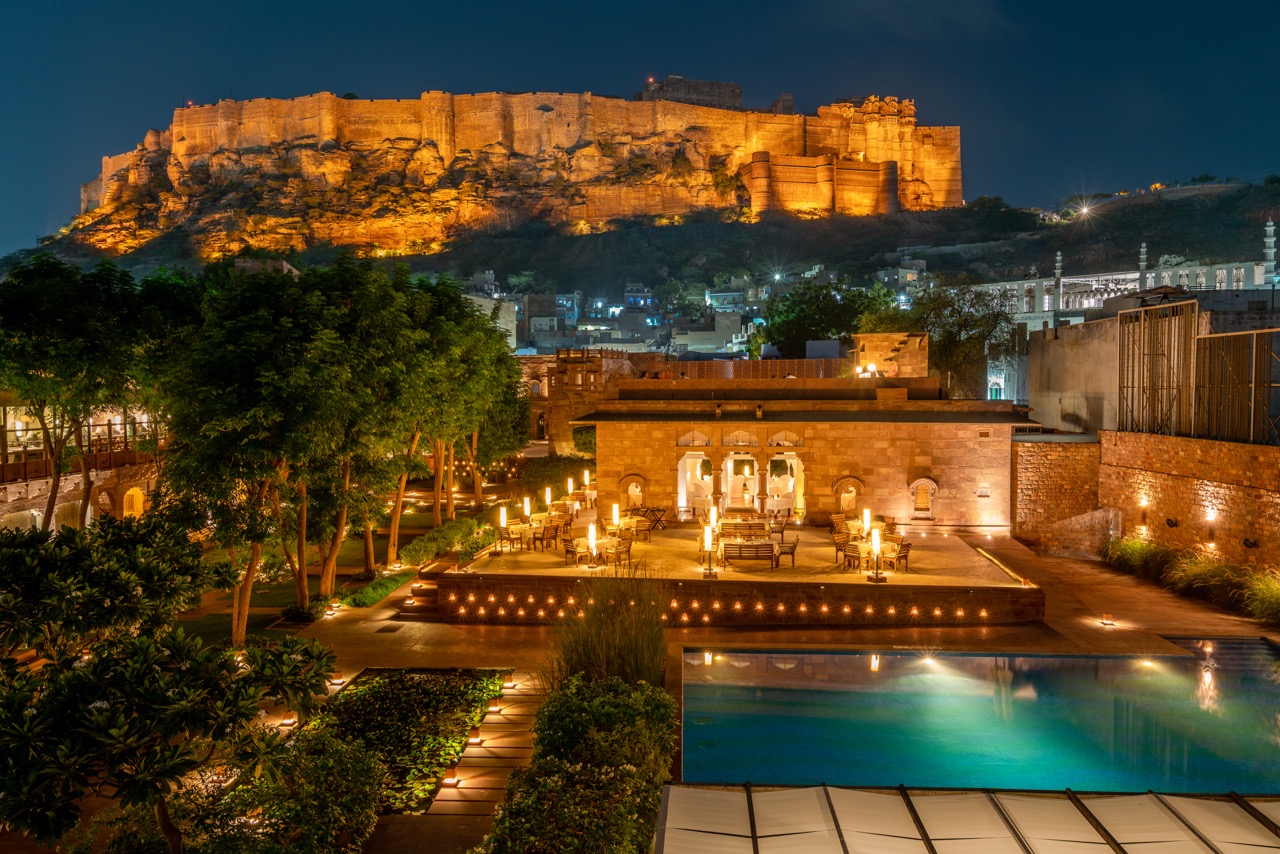
Set within the vibrant old city of Jodhpur, RAAS Jodhpur is a unique blend of historic architecture and contemporary luxury.
Learn More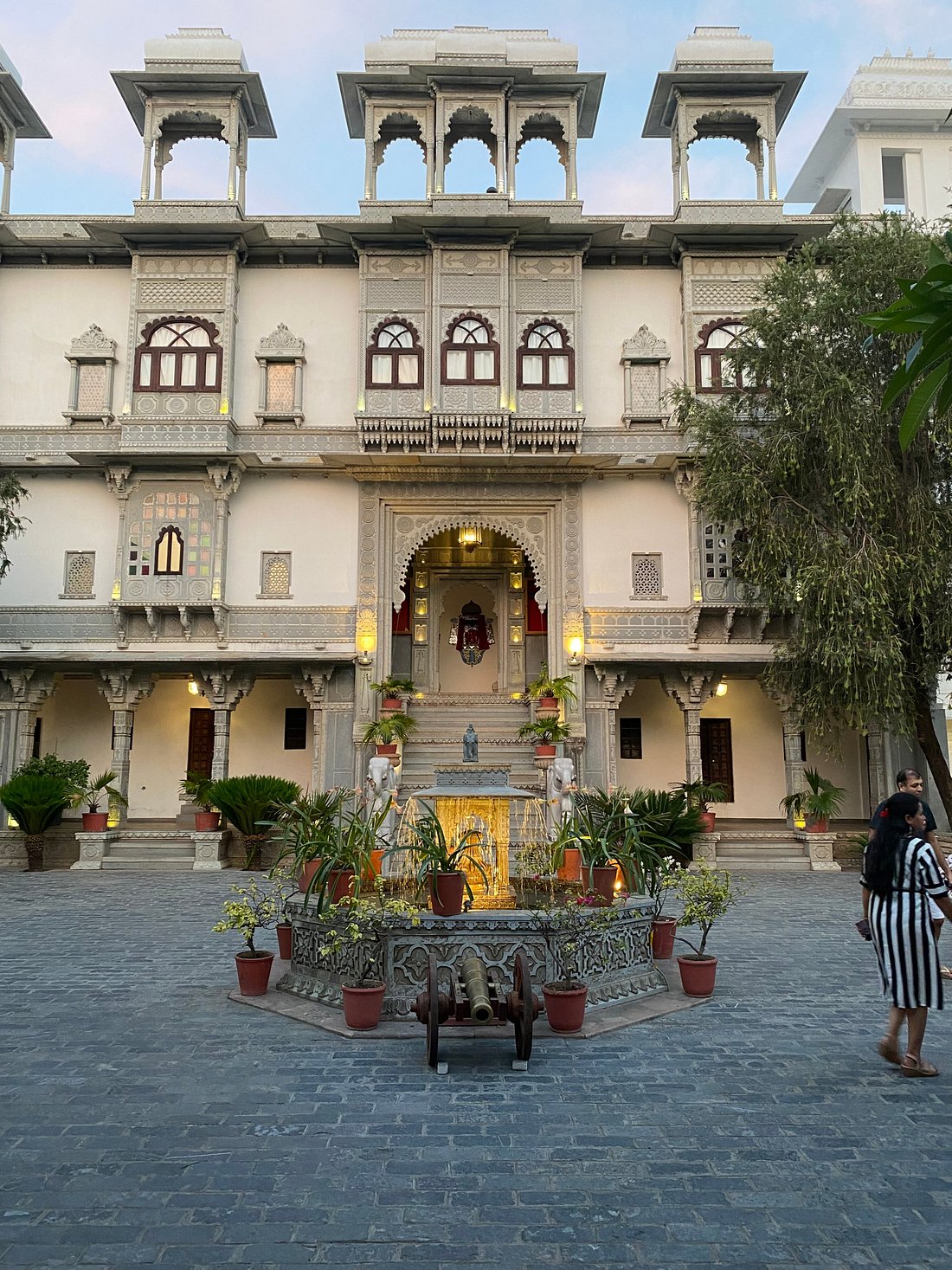
Built during the reign of Maharana Jagat Singh II between 1734 and 1752, Amet Haveli stands as a testament to Udaipur's rich architectural heritage
Learn More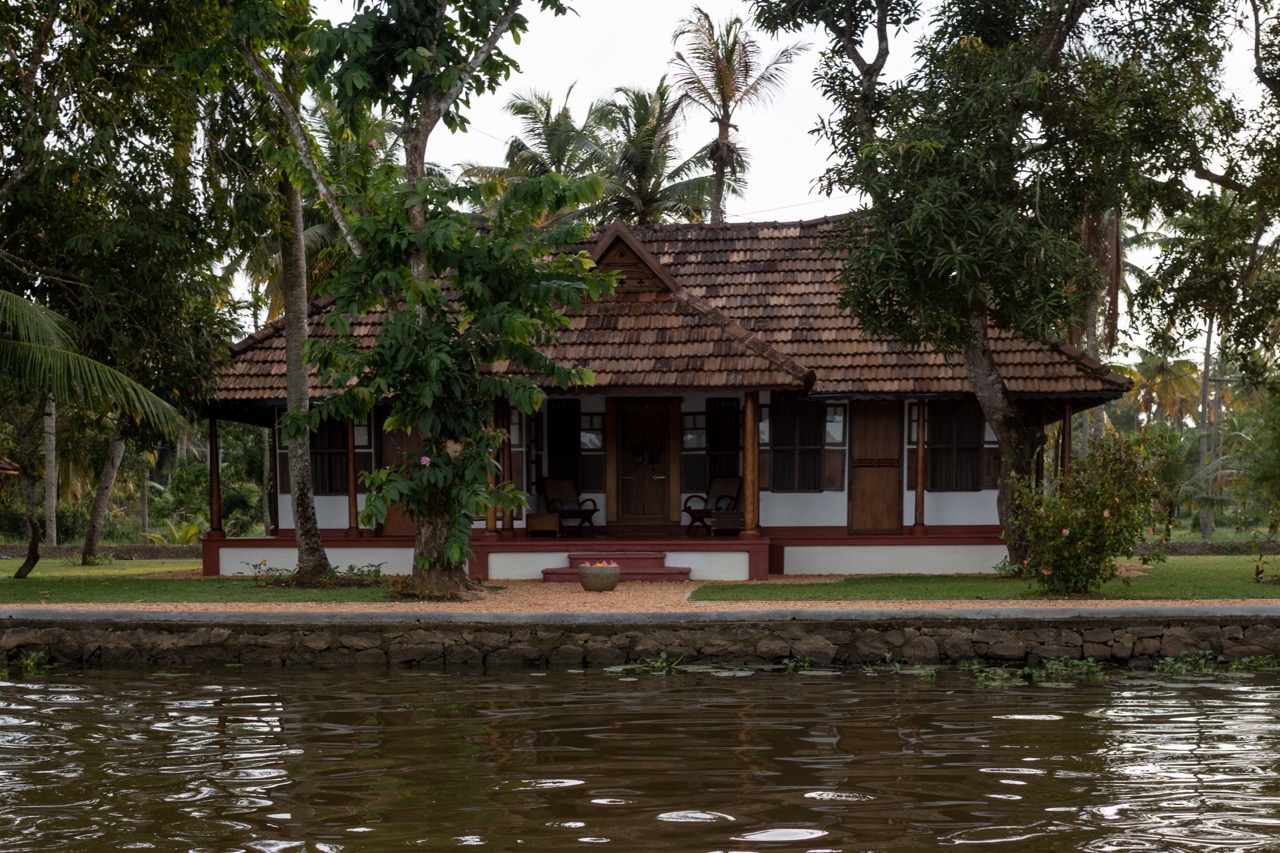
Philipkutty's Farm is a family-owned homestay situated on a private island in Kerala's backwaters, near Vembanad Lake. Established in the early 1950s, the farm spans approximately 35 acres and is renowned for its sustainable and organic farming practices, cultivating crops such as coconut, banana, and various vegetables.
Learn More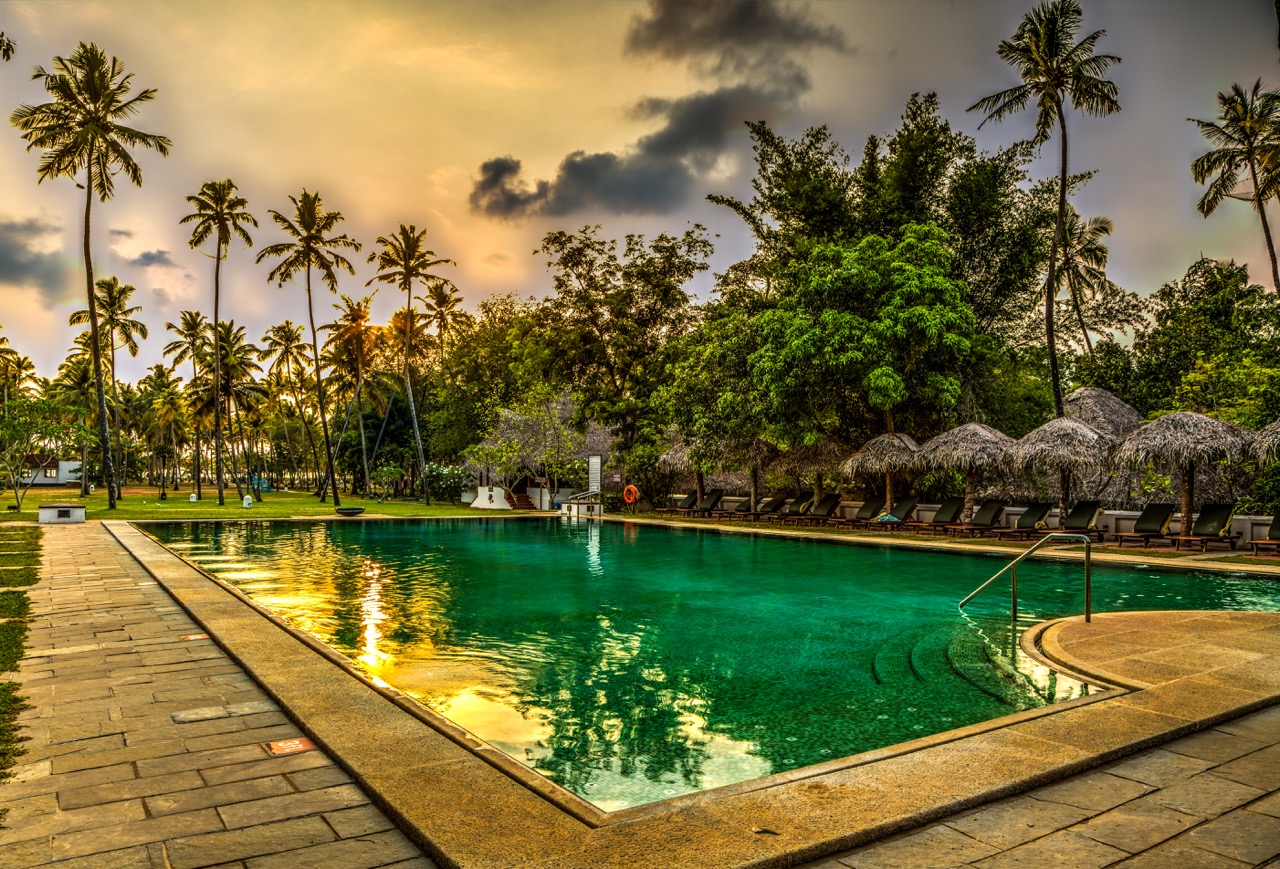
Marari Beach Resort is a serene coastal haven that captures the essence of Kerala’s traditional village life. Located near the quiet fishing village of Mararikulam, the resort sprawls across 30 acres of coconut groves, lily ponds, and lush gardens, offering a tranquil retreat just a short walk from the Arabian Sea.
Learn More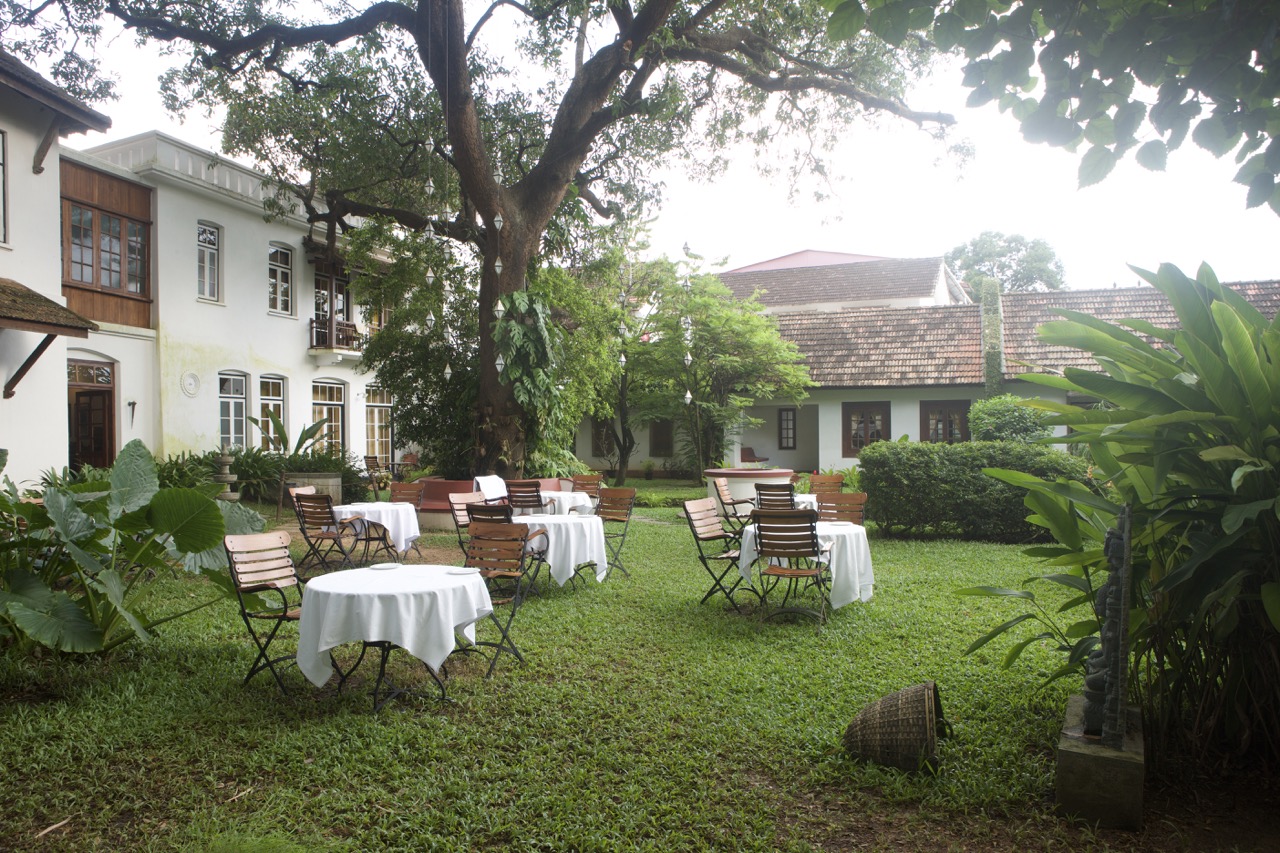
Situated in the historic quarter of Fort Kochi, Old Harbour Hotel is a meticulously restored 300-year-old heritage building that reflects the rich colonial history of the region. Built in the Dutch architectural style with Portuguese influences, it was the first hotel of old Cochin and has long stood as a testament to the area's storied past.
Learn More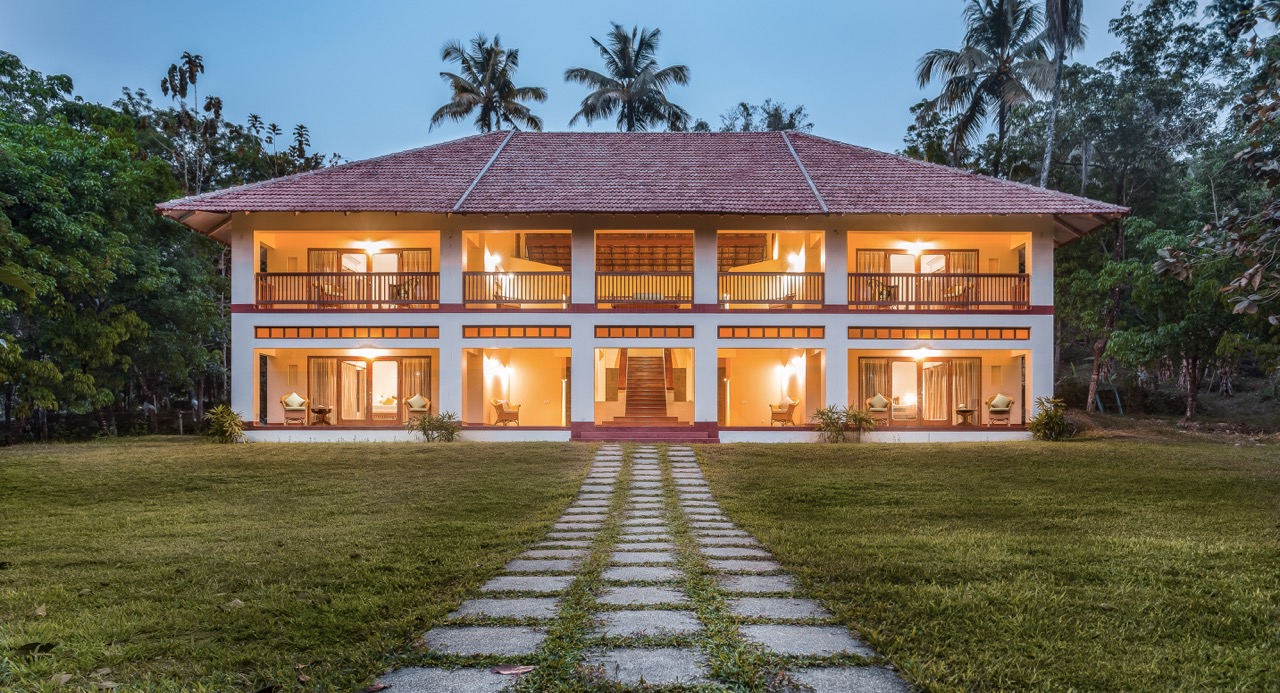
Windermere River House is a peaceful escape where Kerala’s natural beauty takes centre stage. Set on the tranquil banks of the Periyar River, this colonial-style retreat feels more like a private home than a hotel.
Learn More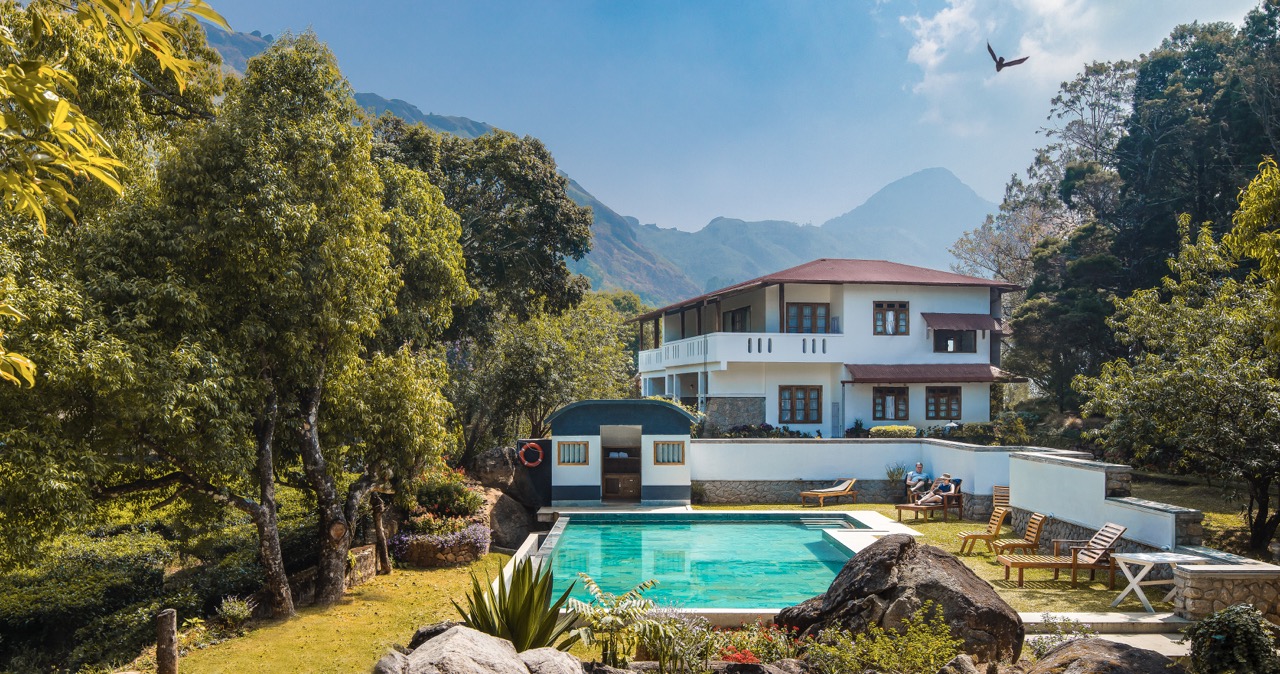
Windermere Estate is more than just a retreat; it’s a window into the heart of Kerala’s highlands. Nestled amidst 55 acres of cardamom and coffee plantations, this family-owned property has been a part of Munnar’s landscape since the 1940s.
Learn More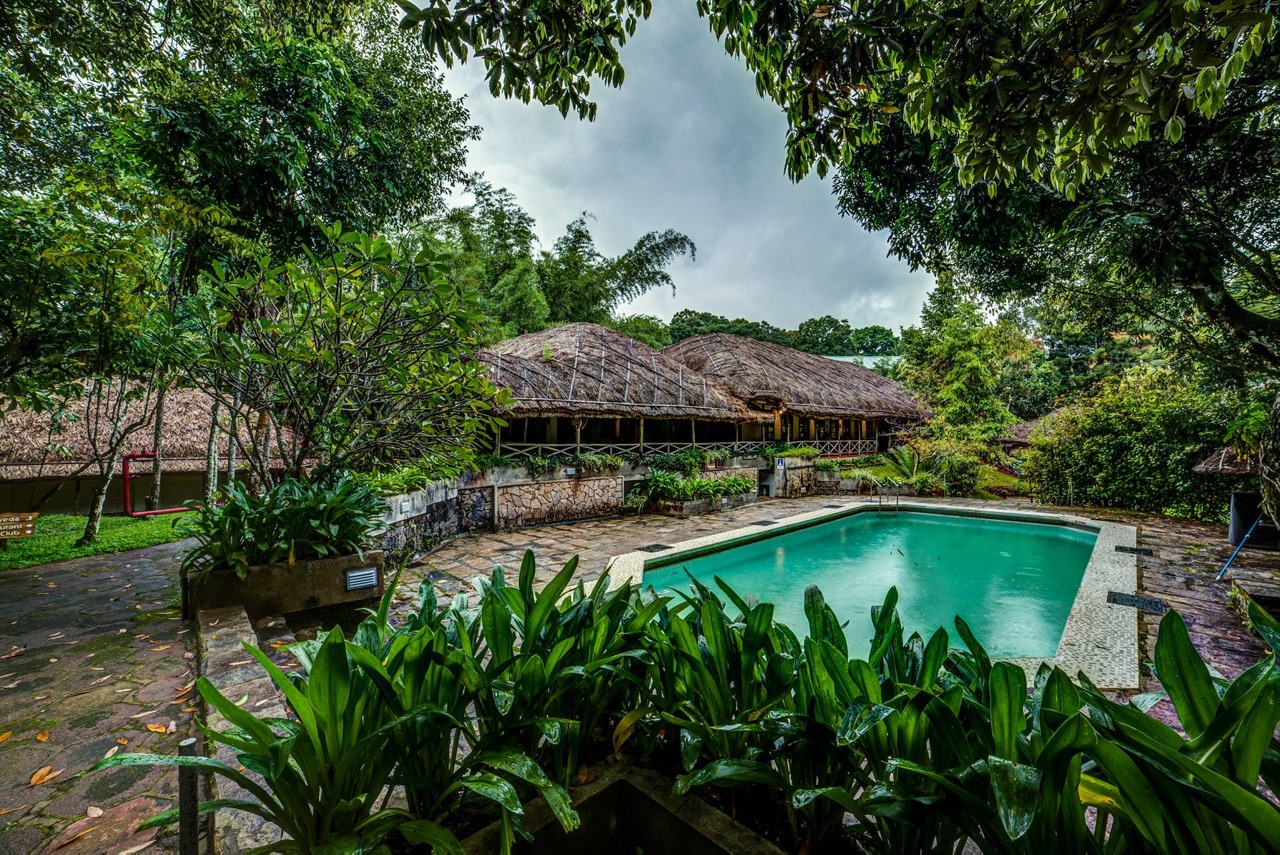
Spice Village is not just a resort; it’s an ode to the traditions, ecology, and rich heritage of Kerala’s highlands. Located in Thekkady, on the doorstep of the renowned Periyar Wildlife Sanctuary, this eco-friendly retreat immerses guests in the sights, sounds, and smells of the spice-scented hills.
Learn More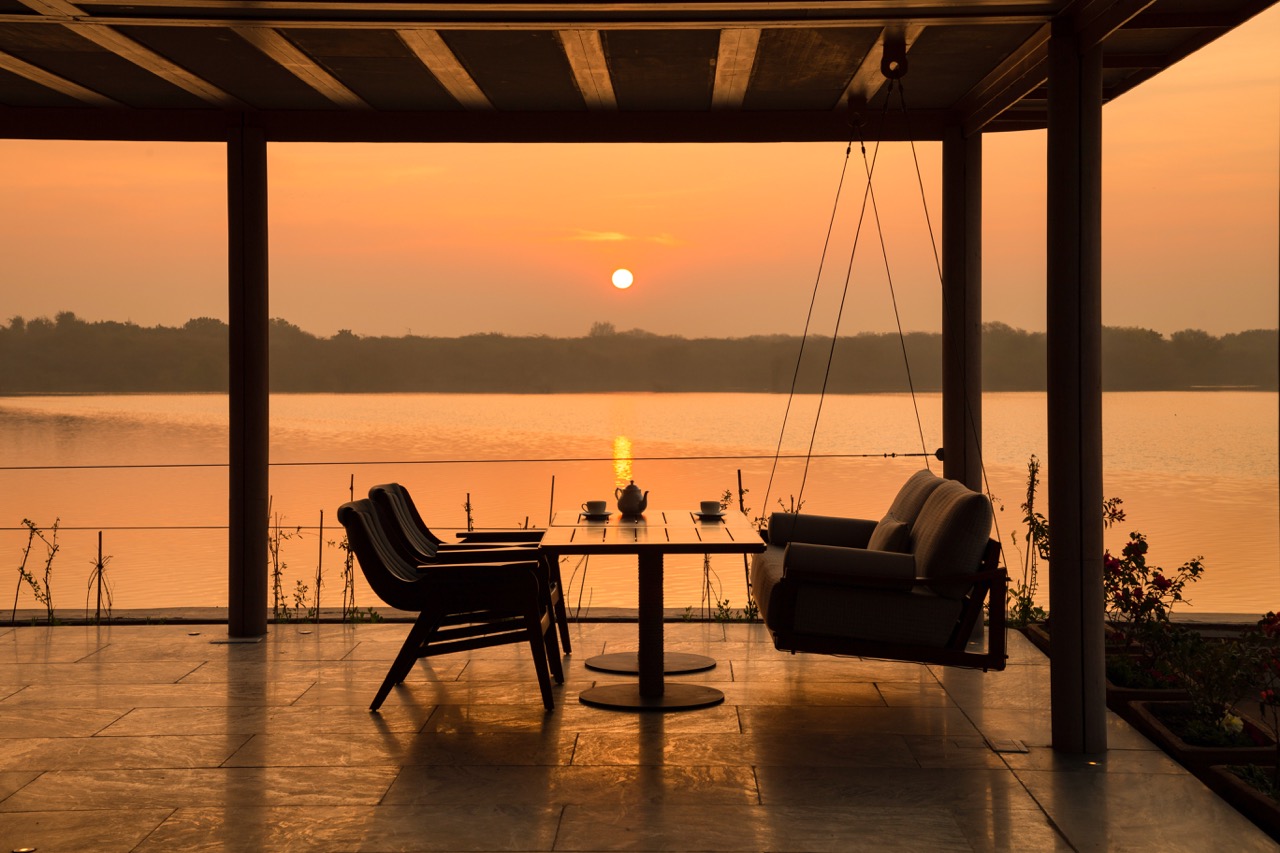
Originally conceived in the late 19th century by Thakur Chhatra Singh of Nimaj, Chhatra Sagar was built as a reservoir to irrigate the arid land of Rajasthan. Over time, the dam created a lush, thriving oasis in the heart of the desert—a sanctuary for both wildlife and people.
Learn More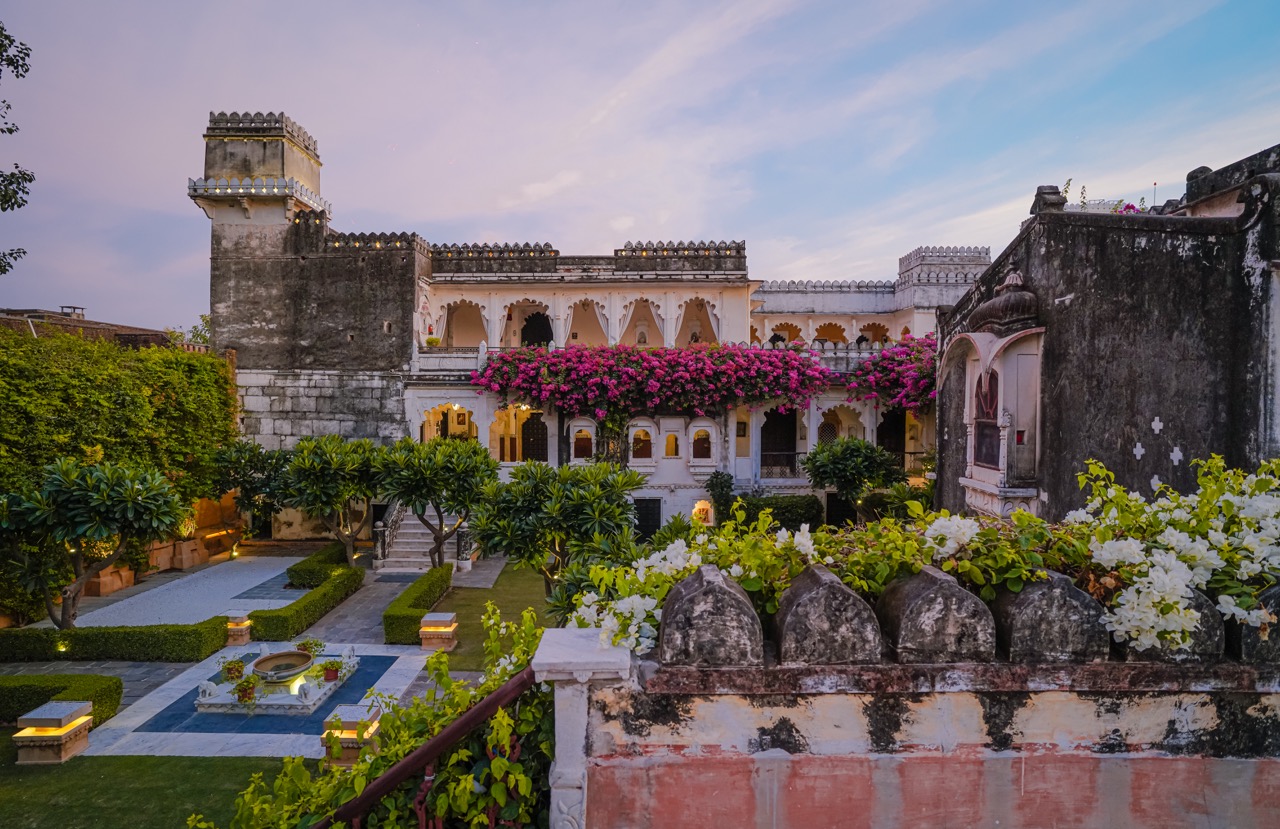
Situated between the historic cities of Jodhpur and Udaipur, Rawla Narlai is a 17th-century fortress that has been thoughtfully transformed into a boutique heritage hotel.
Learn More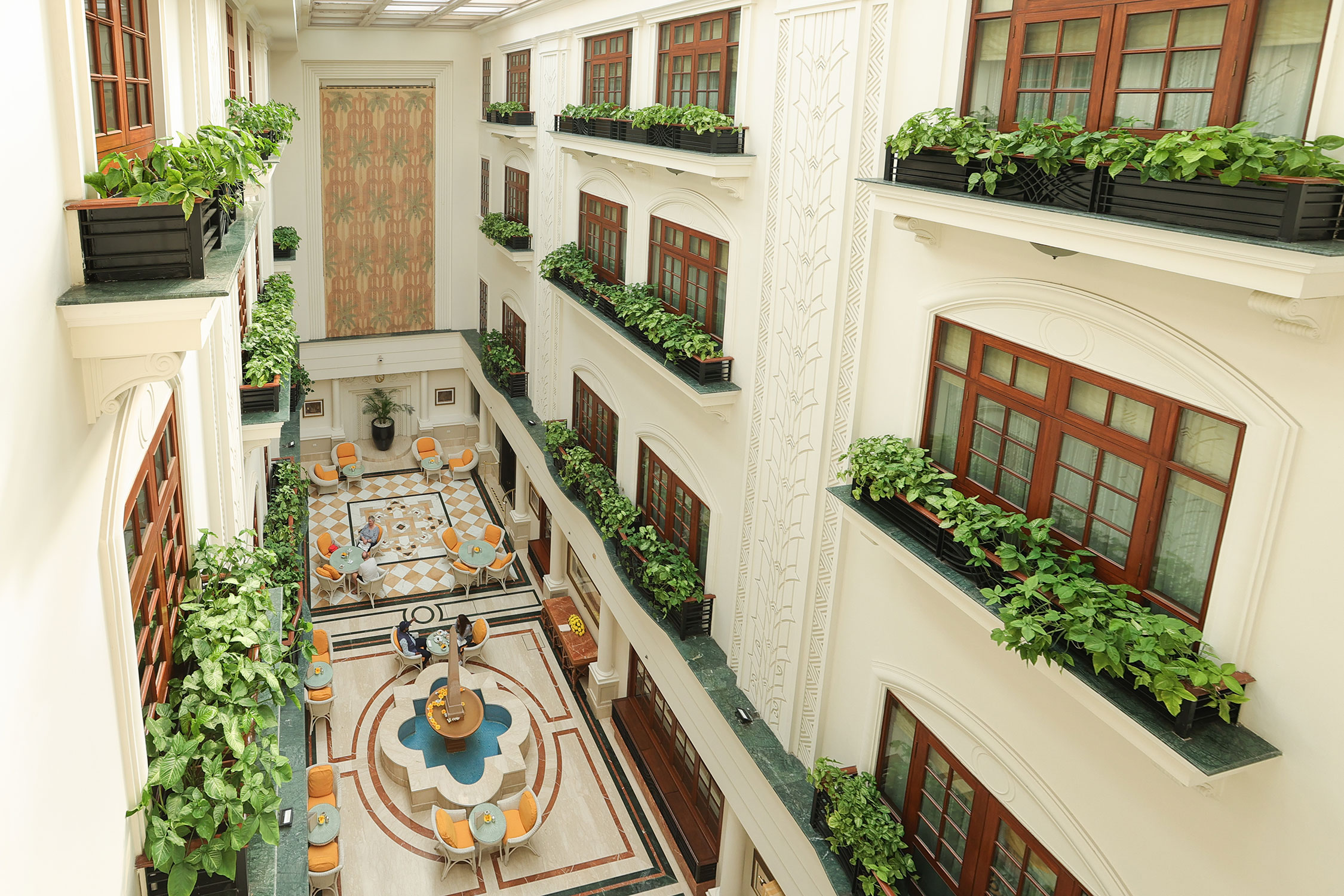
Stepping into The Imperial is like stepping back in time, to an era where elegance and grandeur defined every detail. Built in 1936, this iconic hotel is a masterpiece of colonial architecture, standing amidst eight acres of lush gardens in the heart of Delhi.
Learn More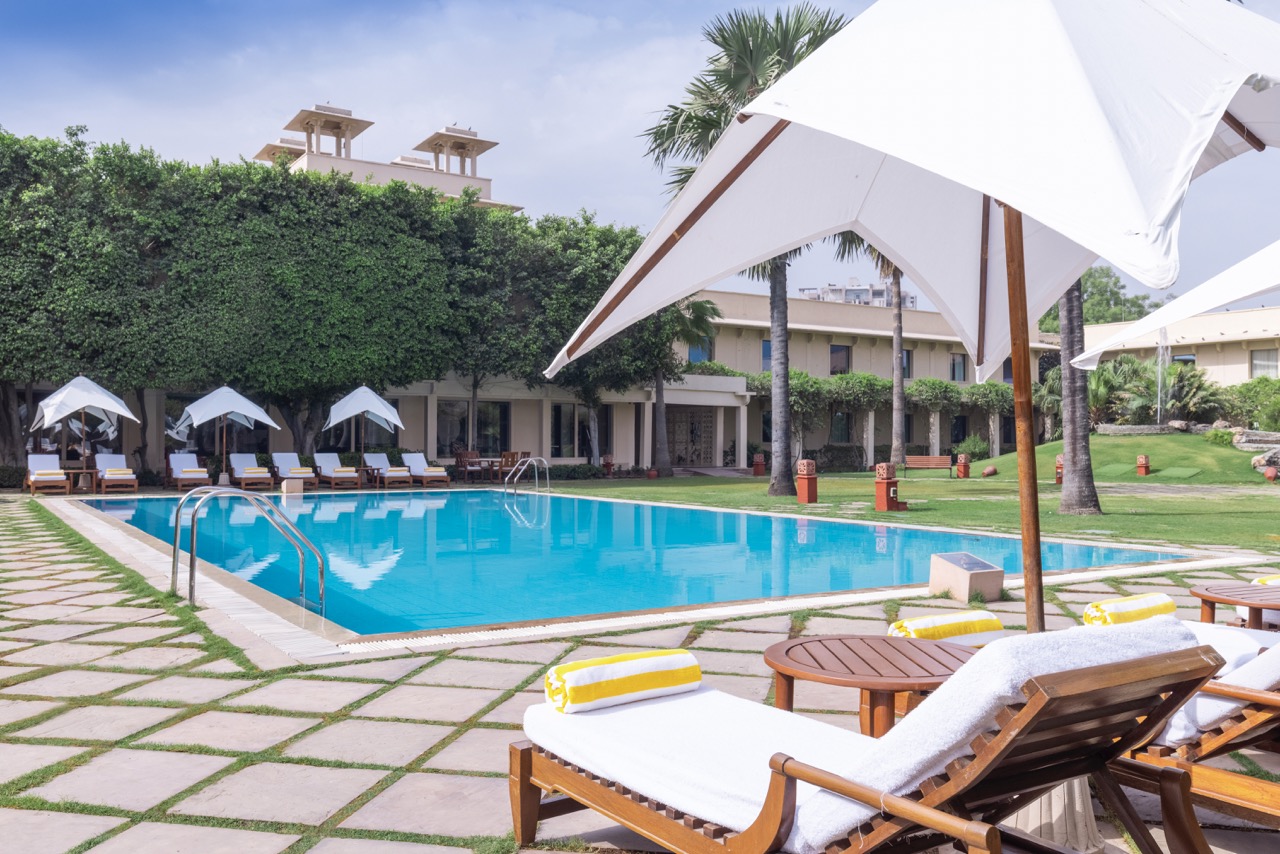
Located just a few minutes from the iconic Taj Mahal, Trident Hotel Agra offers an elegant retreat in the heart of this historic city. The hotel’s design blends modern comforts with traditional Mughal-inspired architecture, creating an inviting atmosphere that reflects the rich heritage of Agra.
Learn MoreIndia (FAQs) Need to Know
Where is the best place to see tigers in India?
Tracking tigers in their natural environment is a hugely exhilarating experience and a good sighting of this powerful beast is enough to make every hair on your body stand on end. Some of India’s tiger reserves, such as Ranthambore in Rajasthan, Bandhavgarh and Tadoba in Central India, are former hunting grounds of maharajas and the ruins of their deserted forts and palaces provide a regal backdrop to the tiger’s jungle domain. Using small lodges and camps we use jeeps to cover large areas of the parks in the company of people who are passionate about all wildlife and will interpret the sights and sounds of the jungle to track their hidden inhabitants.
How many days do you need for a holiday in India?
Your length of time in India is really down to your timescales, budget and bucket list. India is a vast country filled with incredible experiences across its length and breadth and we recommend focussing on one region to make the most of your time. You could head to the Himalayas for a private hike with views of mighty snow-capped peaks, drift through lazy backwaters and tropical hills of Kerala, discover forts, palaces and colourful desert villages of Rajasthan or explore jungles home to endangered wildlife in the central states. We’d always suggest taking your time to explore a region rather than jumping from place to place and spending too much time in transit.
Is an Indian holiday suitable for families?
Families looking for an exhilarating blend of wilderness and culture will love India. It’s a paradise for the curious and one thing we can pretty much guarantee is that your children will never be bored. Cool off in rock pools on hikes in Kerala’s hills at Christmas, make a safari in the footsteps of Kipling’s Jungle Book at Easter or explore the remote moonscapes of ‘Little Tibet’ in summer. You’ll be fully but discretely supported throughout your trip so that you and your family can enjoy the adventure with peace of mind.
Which are the top destinations for luxury travel in India?
India boasts several destinations that epitomize luxury:
- Rajasthan: Home to majestic palaces and forts, offering regal experiences in cities like Jaipur, Udaipur, and Jodhpur.
- Kerala: Known for its serene backwaters, lush landscapes, and Ayurvedic retreats.
- Goa: Offers pristine beaches, luxury resorts, and a vibrant cultural scene.
- Agra: Site of the iconic Taj Mahal, with luxury accommodations providing views of this wonder.
- Himalayas: Regions like Ladakh and Darjeeling offer exclusive mountain retreats and spiritual experiences.
Each destination provides a unique blend of luxury and cultural richness, catering to diverse preferences.
What unique experiences can I have on a luxury holiday in India?
A luxury holiday in India offers a plethora of unique experiences:
- Private Tours of Historical Sites: Explore the Taj Mahal or Jaipur’s forts with expert guides.
- Luxury Train Journeys: Travel aboard the Maharajas’ Express or Palace on Wheels, experiencing royal treatment.
- Wildlife Safaris: Stay in upscale lodges while seeking Bengal tigers in Ranthambore or Kanha National Park.
- Culinary Experiences: Enjoy private cooking classes or dining with royalty.
- Wellness Retreats: Indulge in Ayurvedic treatments and yoga sessions in tranquil settings.
These curated experiences ensure a deep and luxurious immersion into India’s diverse offerings.
What is the cost of a luxury holiday in India?
The cost of a luxury holiday in India varies based on duration, destinations, and experiences:
- Short Trips (5-7 days): Approximately £3,000 to £5,000 per person.
- Extended Journeys (10-14 days): Ranging from £7,000 to £15,000 per person.
These estimates typically include accommodations, private tours, transportation, and some meals. Customizing your itinerary with exclusive experiences may adjust the overall cost.
What cultural etiquette should I be aware of during my luxury holiday in India?
Understanding local customs enhances your experience:
- Dress Modestly: Especially in religious sites; covering shoulders and knees is advisable.
- Remove Shoes: Before entering homes and temples.
- Right Hand Usage: Use your right hand for eating and giving or receiving items.
- Respect Traditions: Be mindful of local customs and practices, and always ask before taking photographs of people.
Being culturally sensitive enriches your interactions and shows respect for the local communities.
From Our Travel Guides
Meet Our Travel Experts
It takes genuine local knowledge to craft trips that go beyond the ordinary
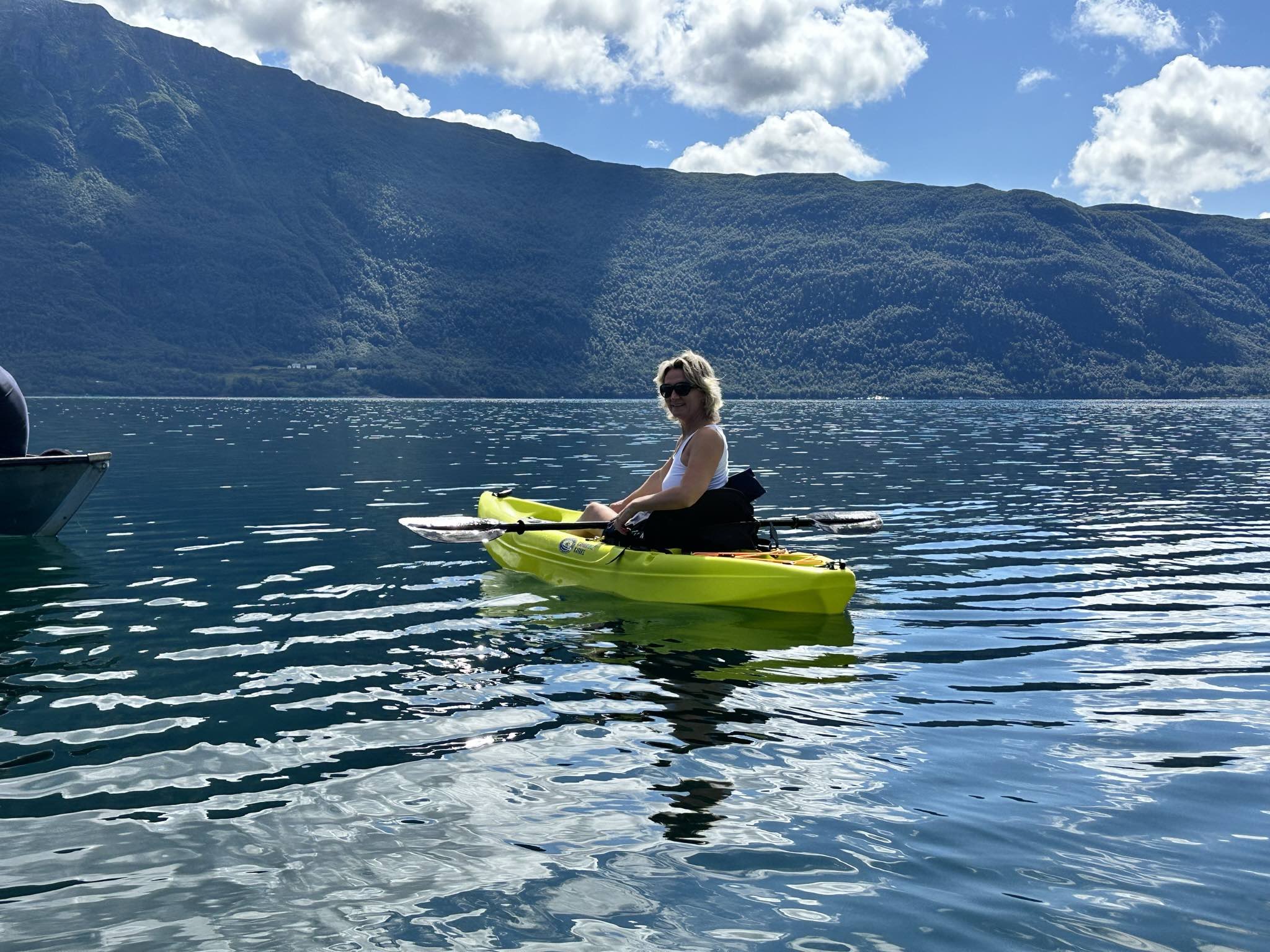
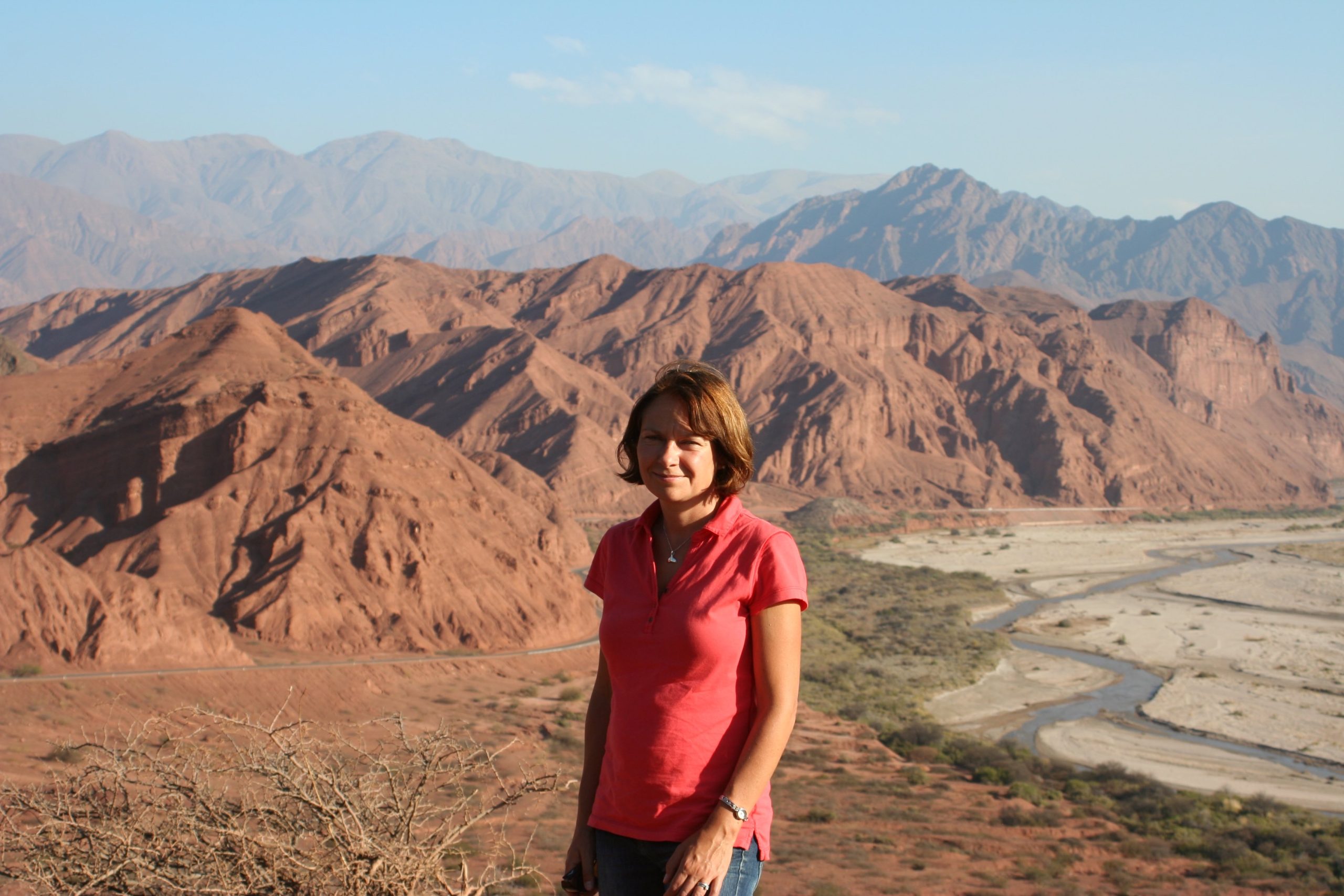
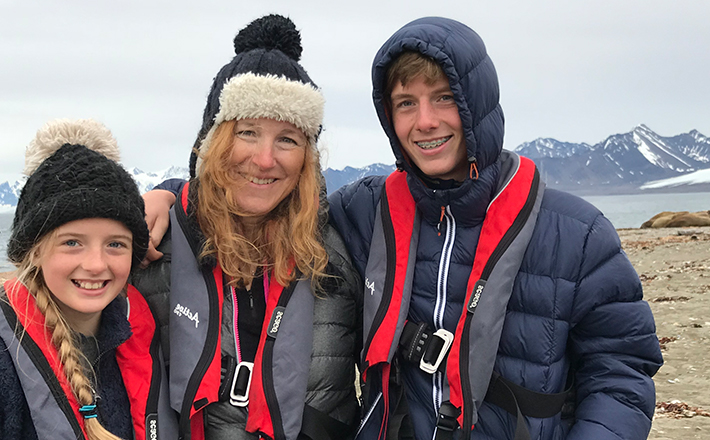
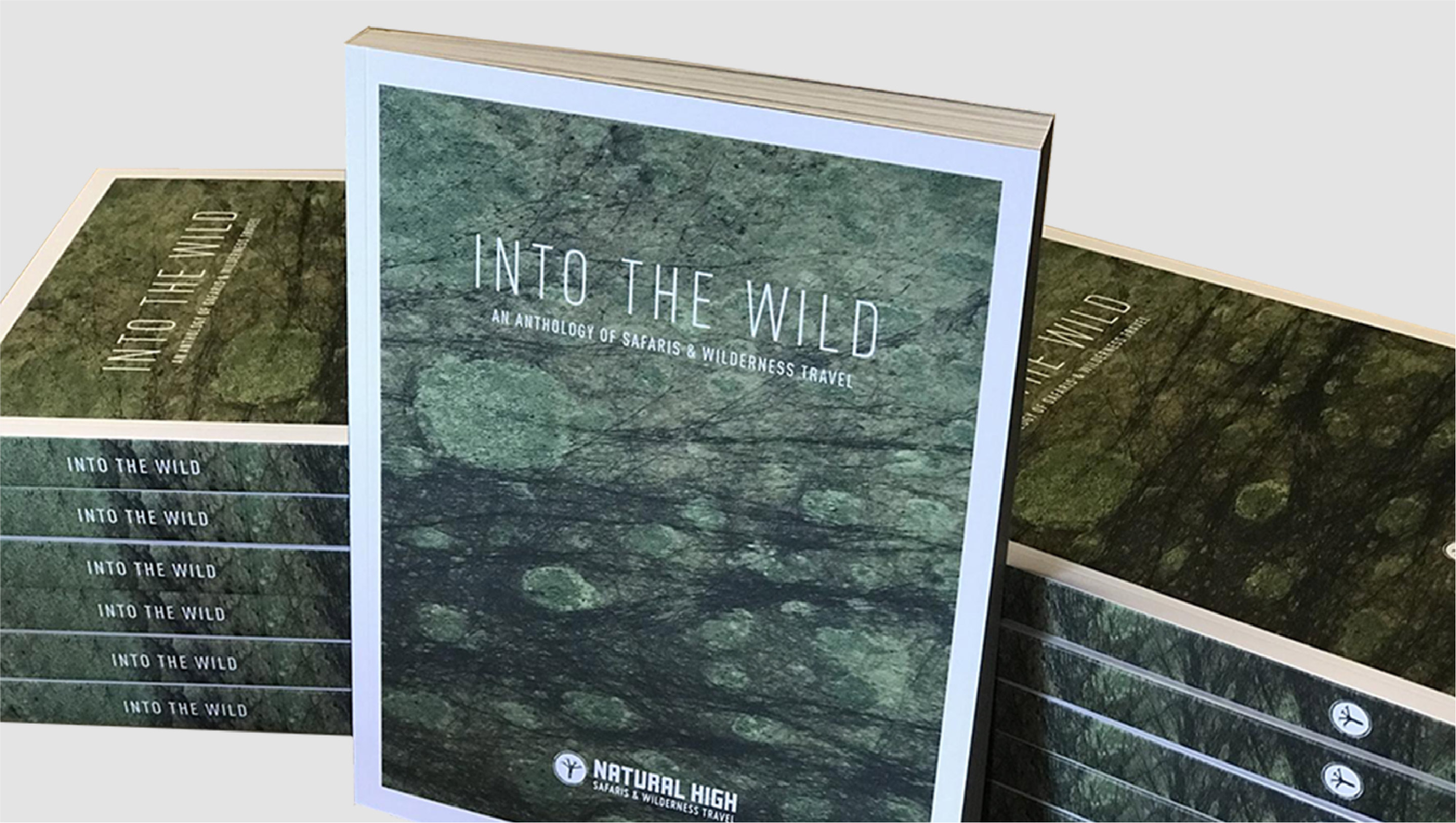
Into The Wild Brochure
Need some more inspiration? Request a copy of Into The Wild, our comprehensive anthology of safaris and wilderness travel.


